Target Learners
Adults and teens who garden, grow houseplants, or just enjoy nature and want to learn more about plant taxonomy and what plant names tell us.
Instructional Objectives
After completing the course, learners will be able to
- Sketch the history of plant taxonomy
- Recall taxonomic principles
- Apply knowledge of gardener's Latin to predict features of a plant based on its Latin binomial
- Evaluate the value of nomenclature for plant life
Instructional Method
After watching a video and reading about the history of plant taxonomy, learners fill in a timeline of the major events in the history of plant taxonomy. After viewing a presentation with audio and reading about taxonomic principles, learners create their own reference card of taxonomic principles. After lessons in taxonomic Latin, learners predict the plant that a Latin binomial describes; lessons in taxonomic Latin include an audio presentation on pronunciation, a video presentation on the basics of Latin as used in botanical names, a reference guide to helpful vocabulary, and a video demonstration at a garden. Learners read articles or watch videos that present a philosophical claim about plant nomenclature to form an opinion on the value of nomenclature for plant life.
Photos from the Pitt County Arboretum
These photos were taken by me in September 2023 in Greenville, NC.
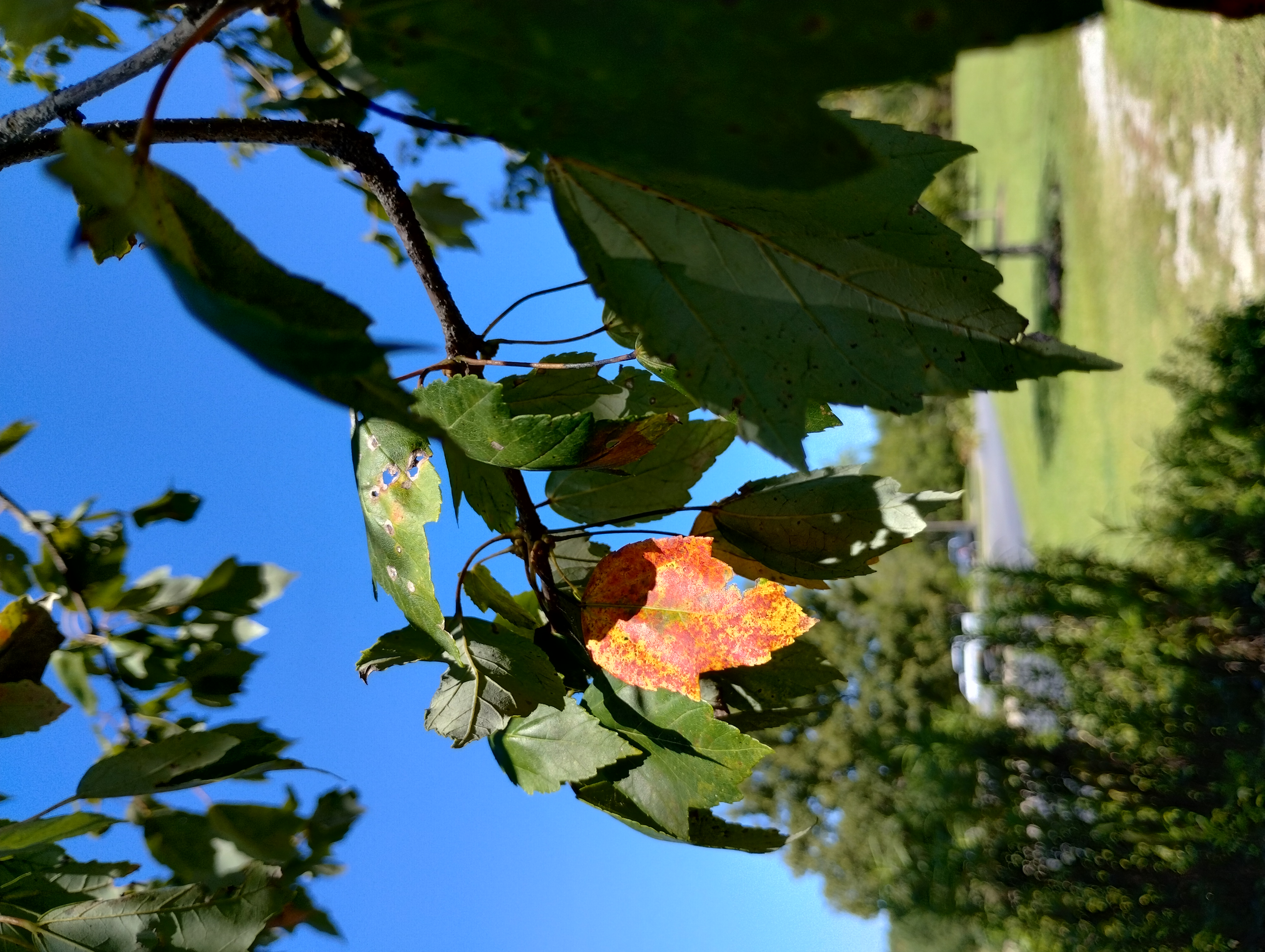
Acer rubrum
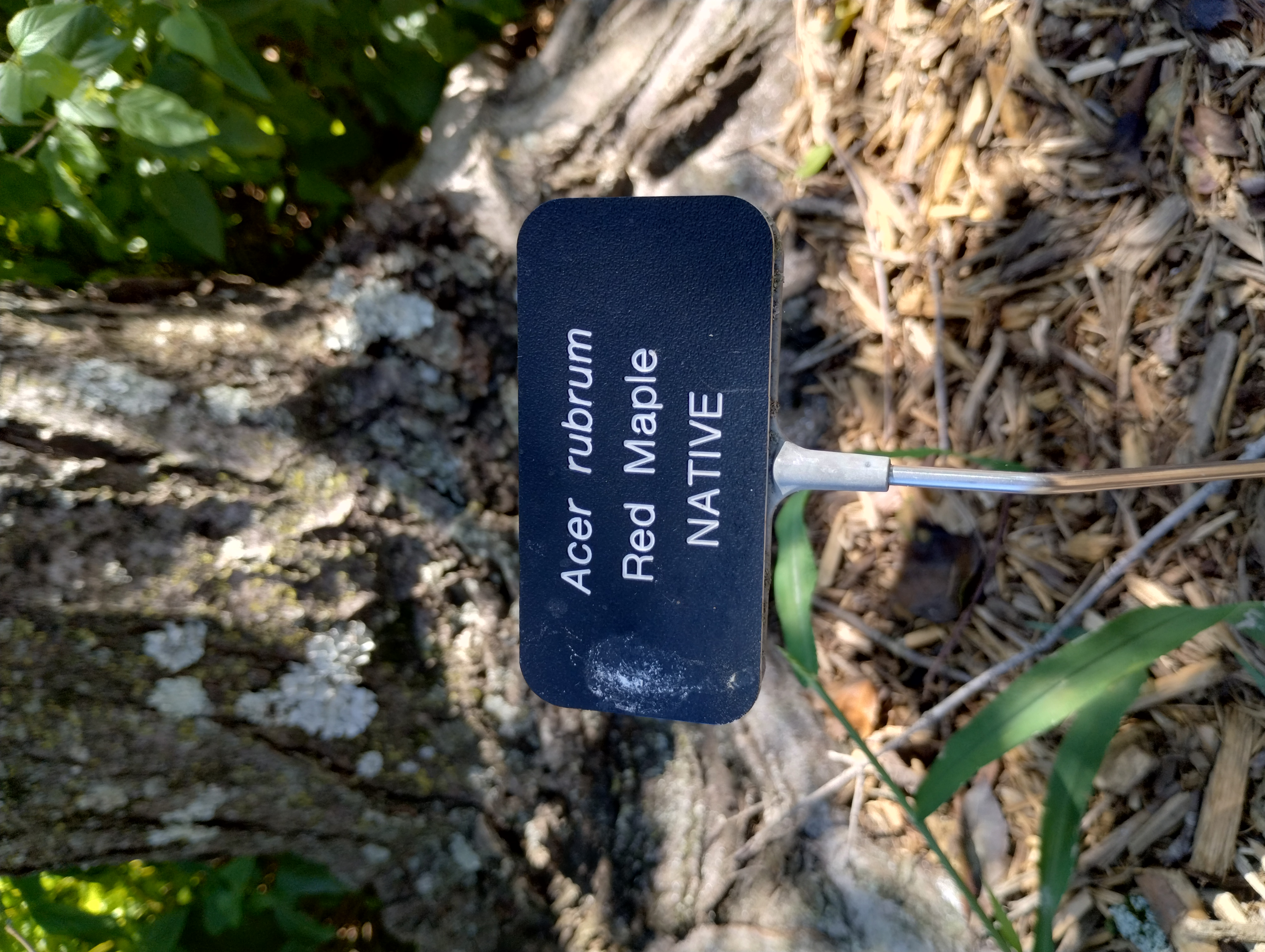
Acer rubrum
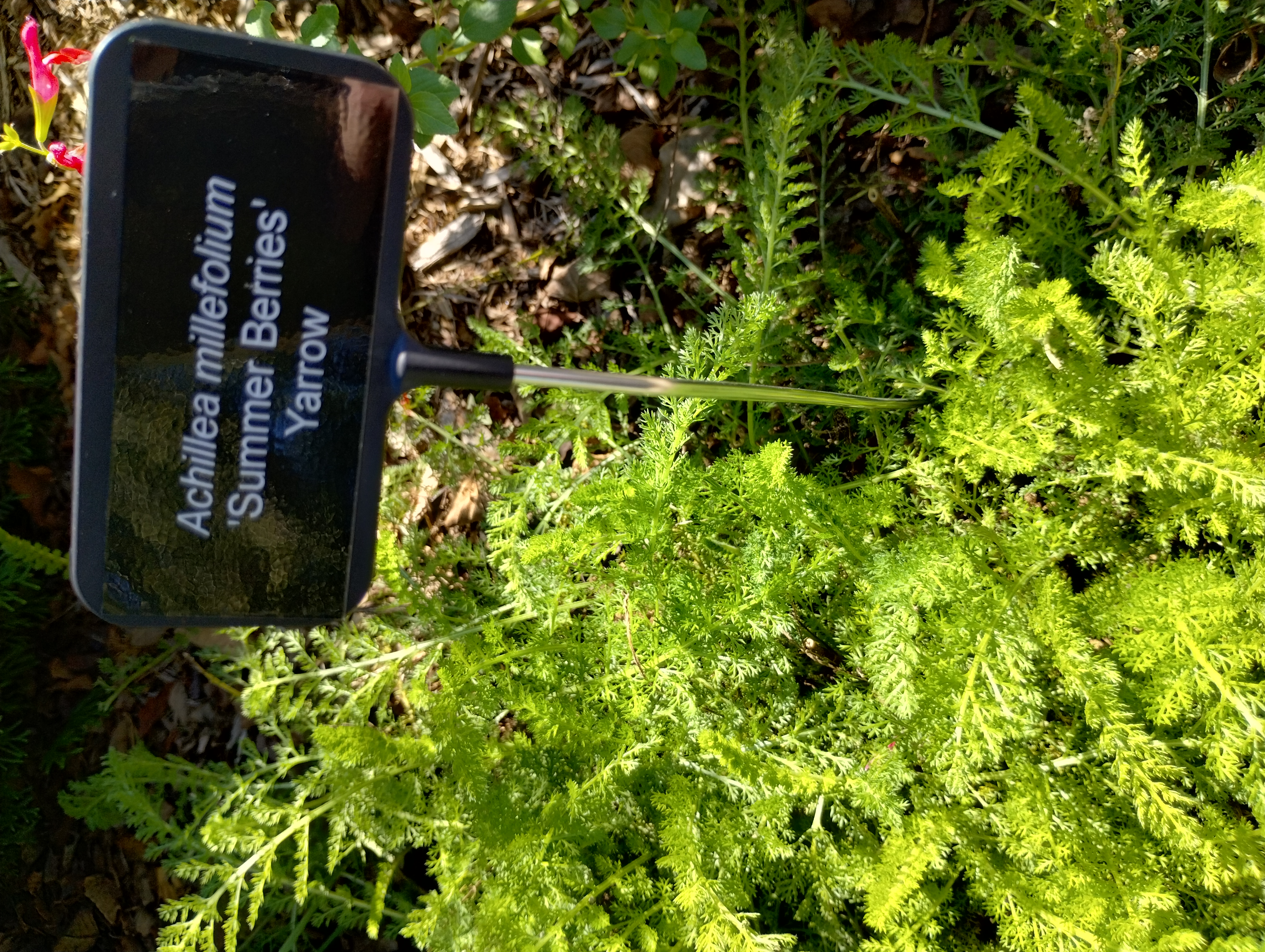
Achillea Millefolium
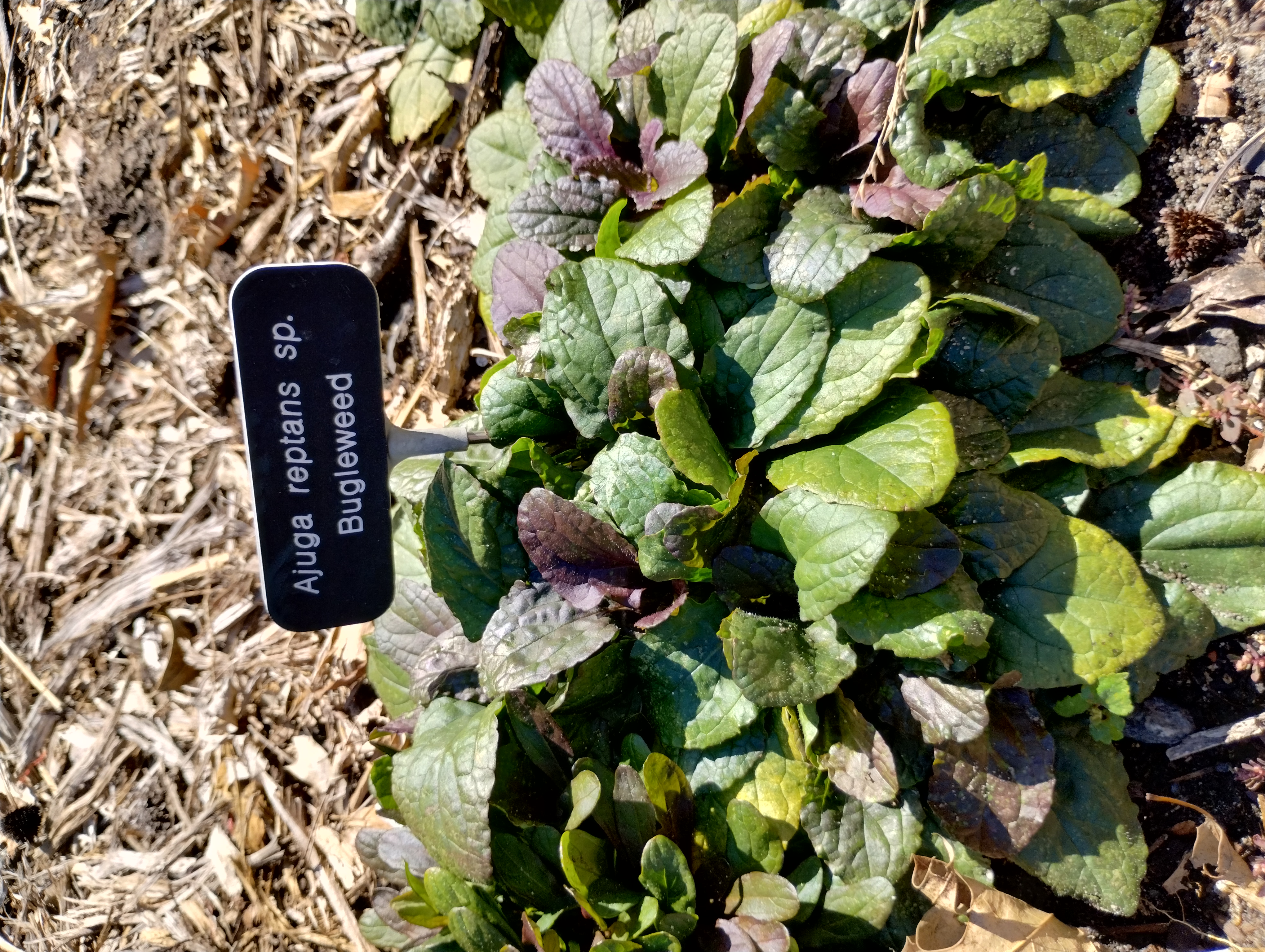
Ajuga reptans
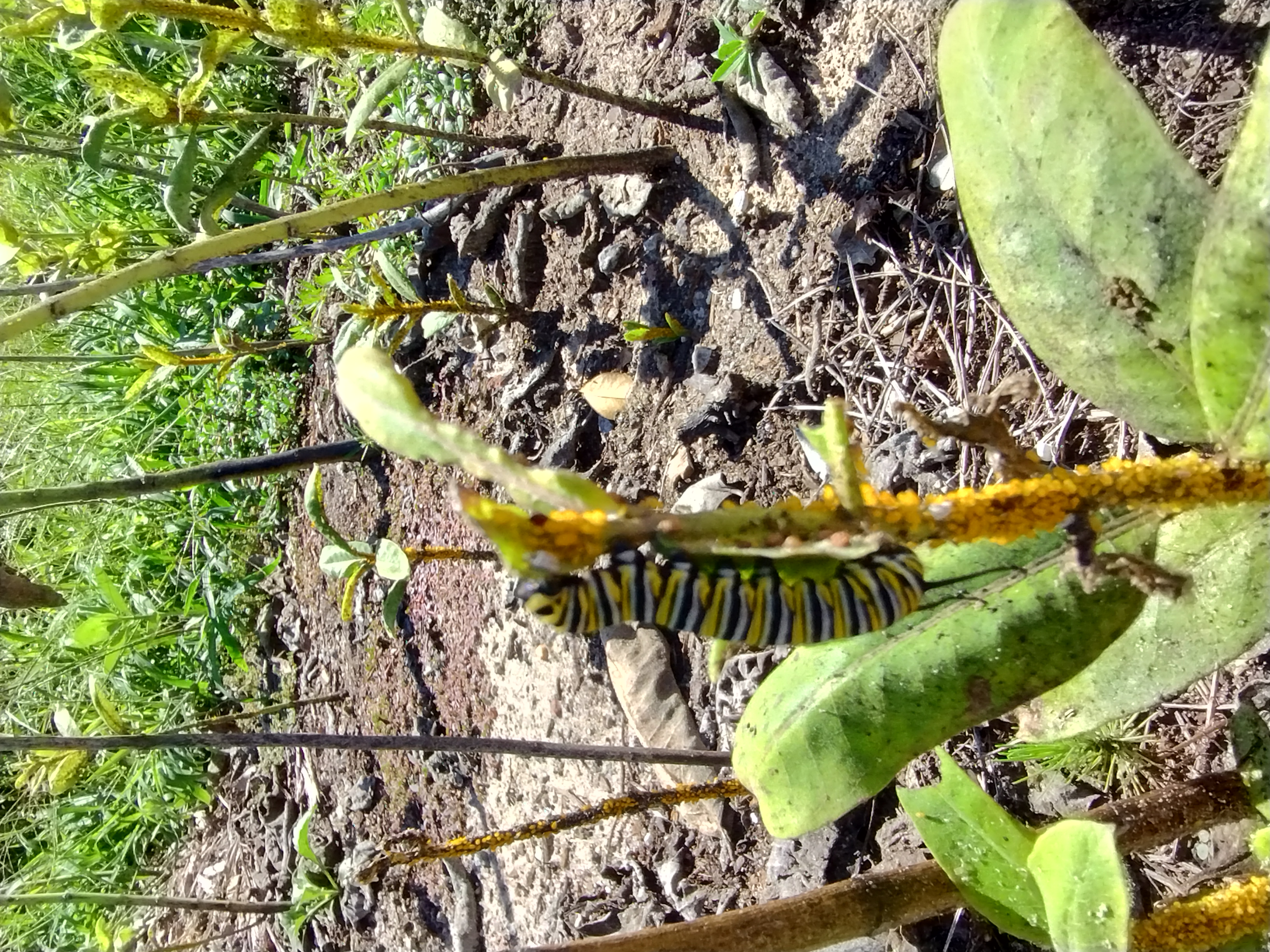
Asclepius syriaca and Monarch caterpillar
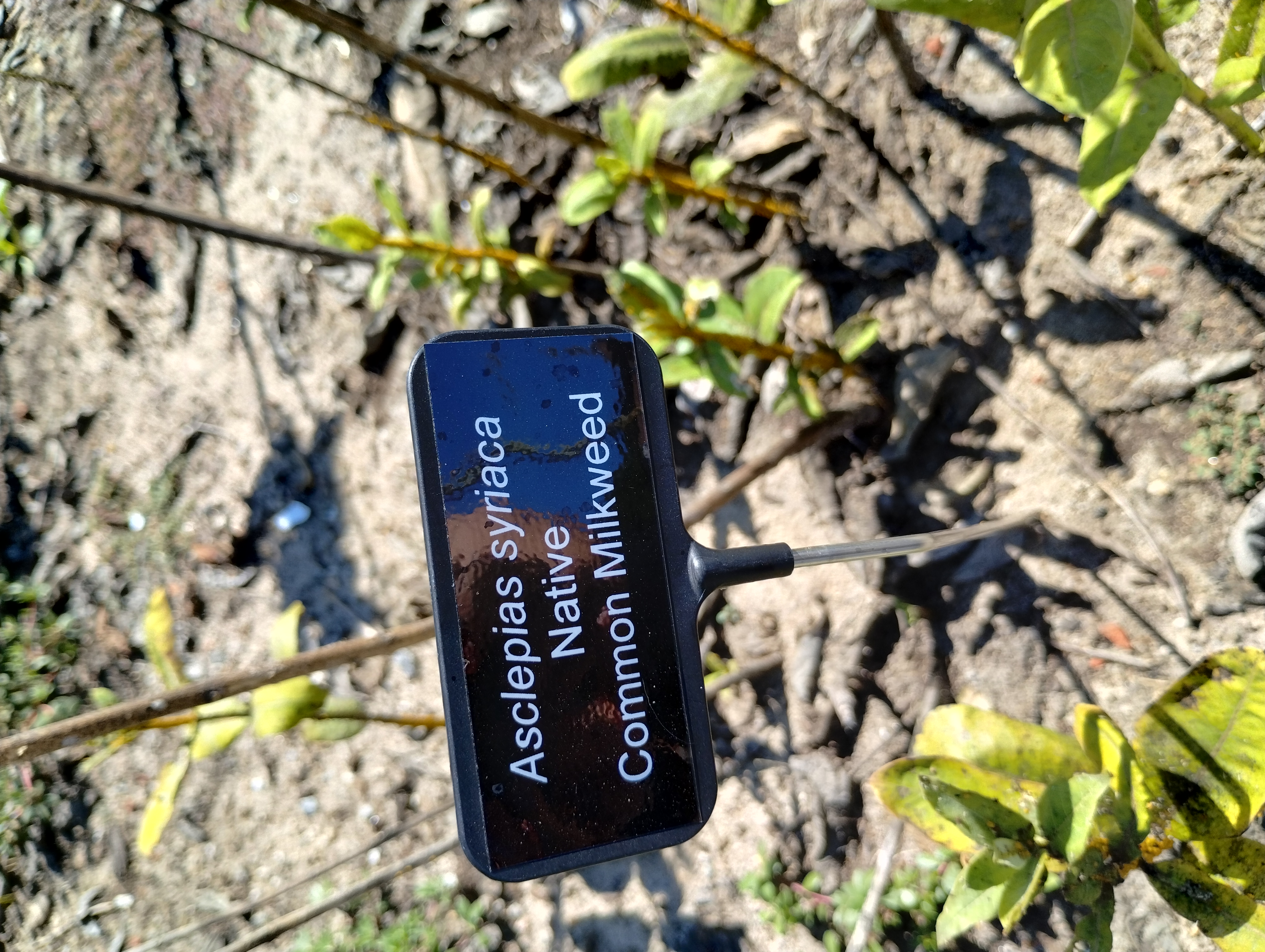
Asclepias syriaca
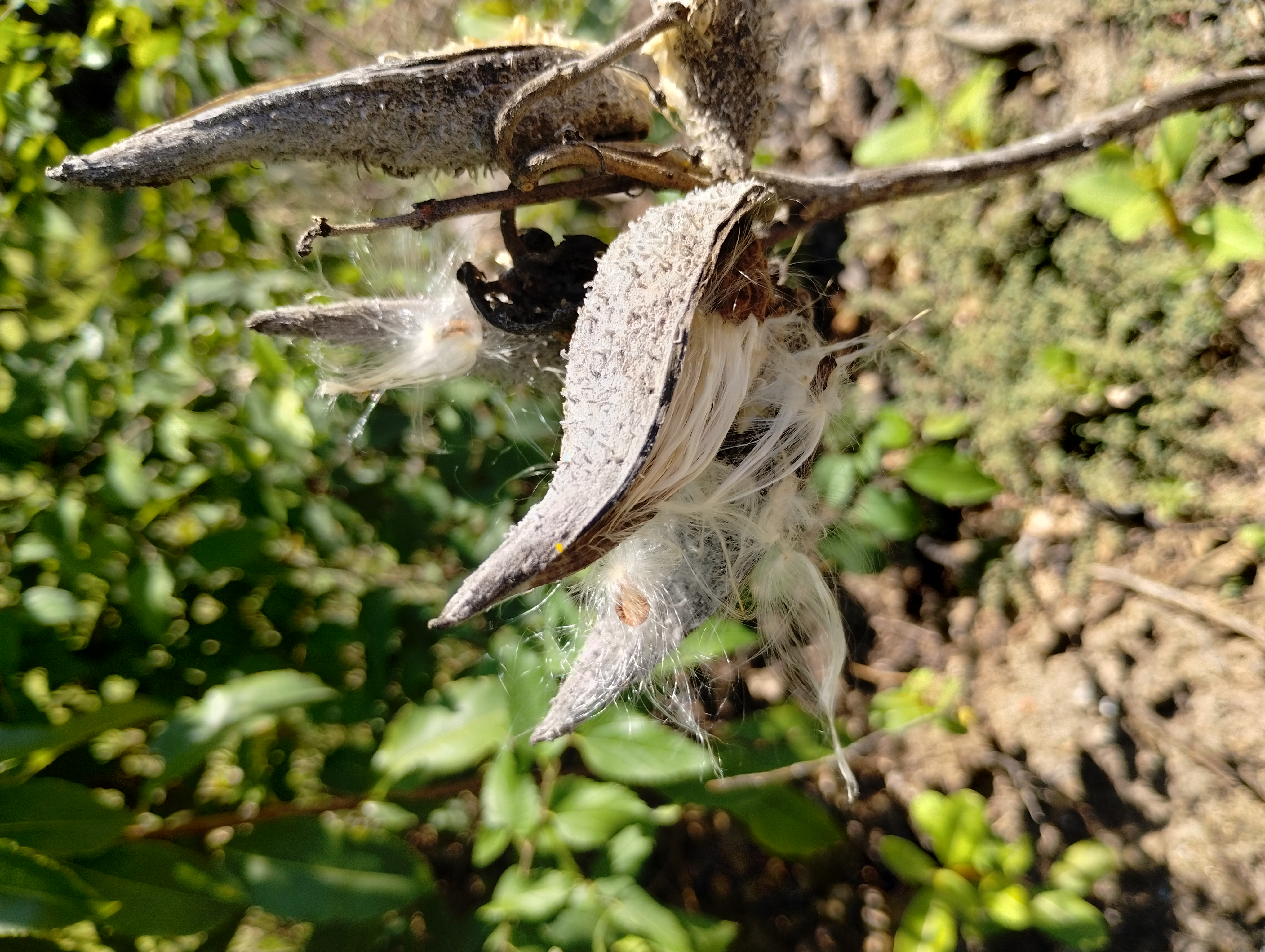
Asclepias syriaca seed pods
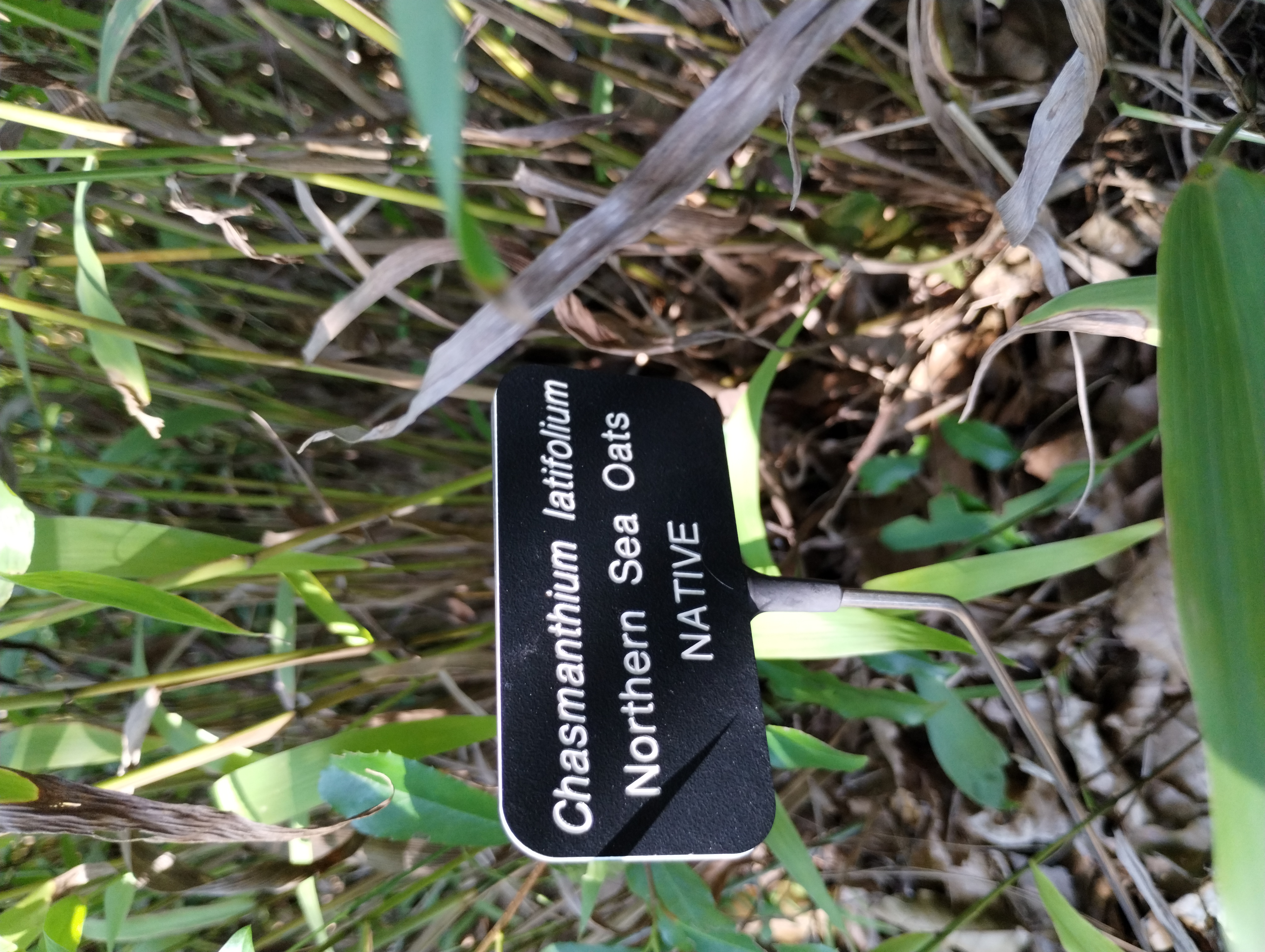
Chasmanthium latifolium
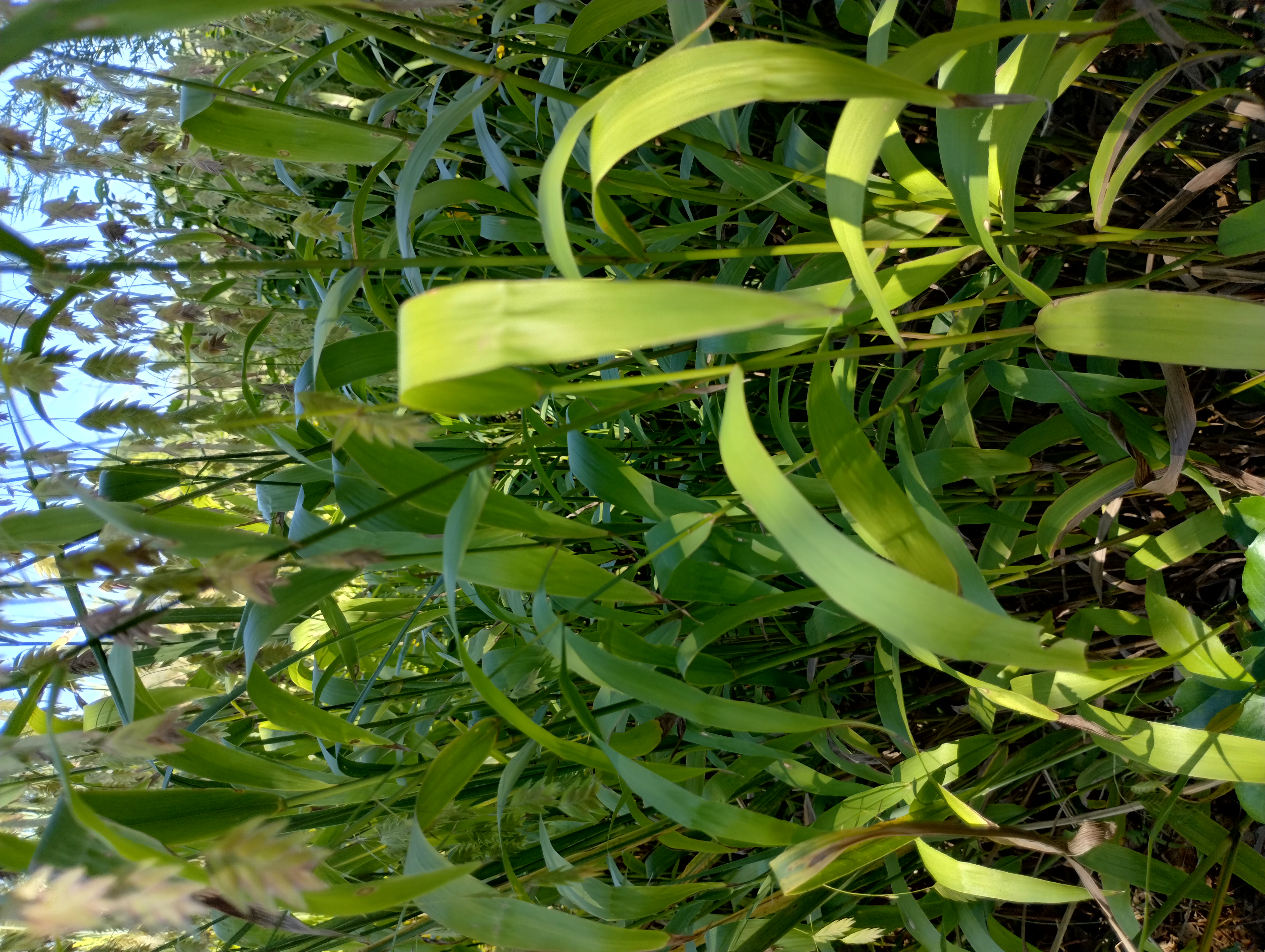
Chasmantium latifolium leaves
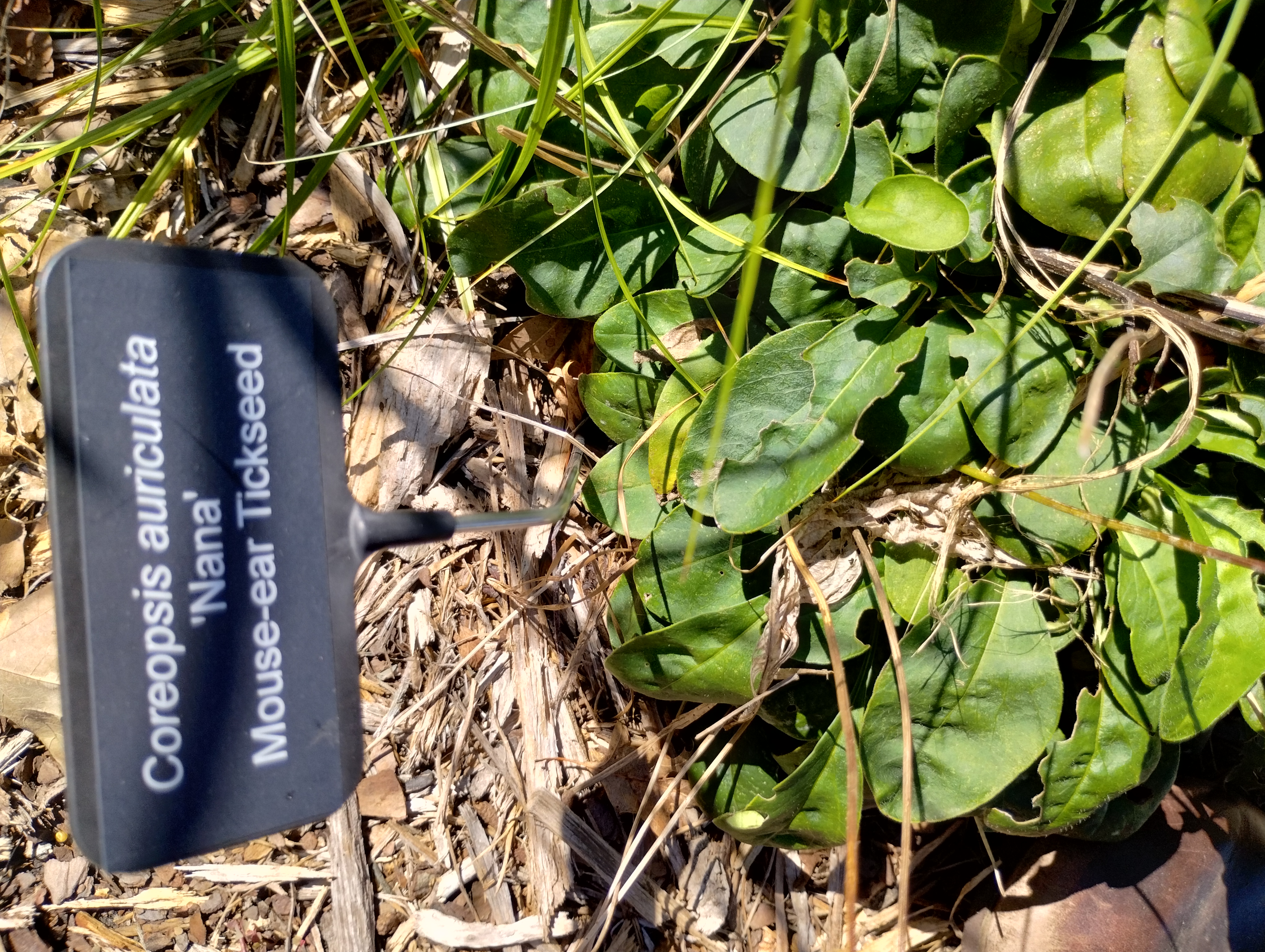
Coreopsis auriculata
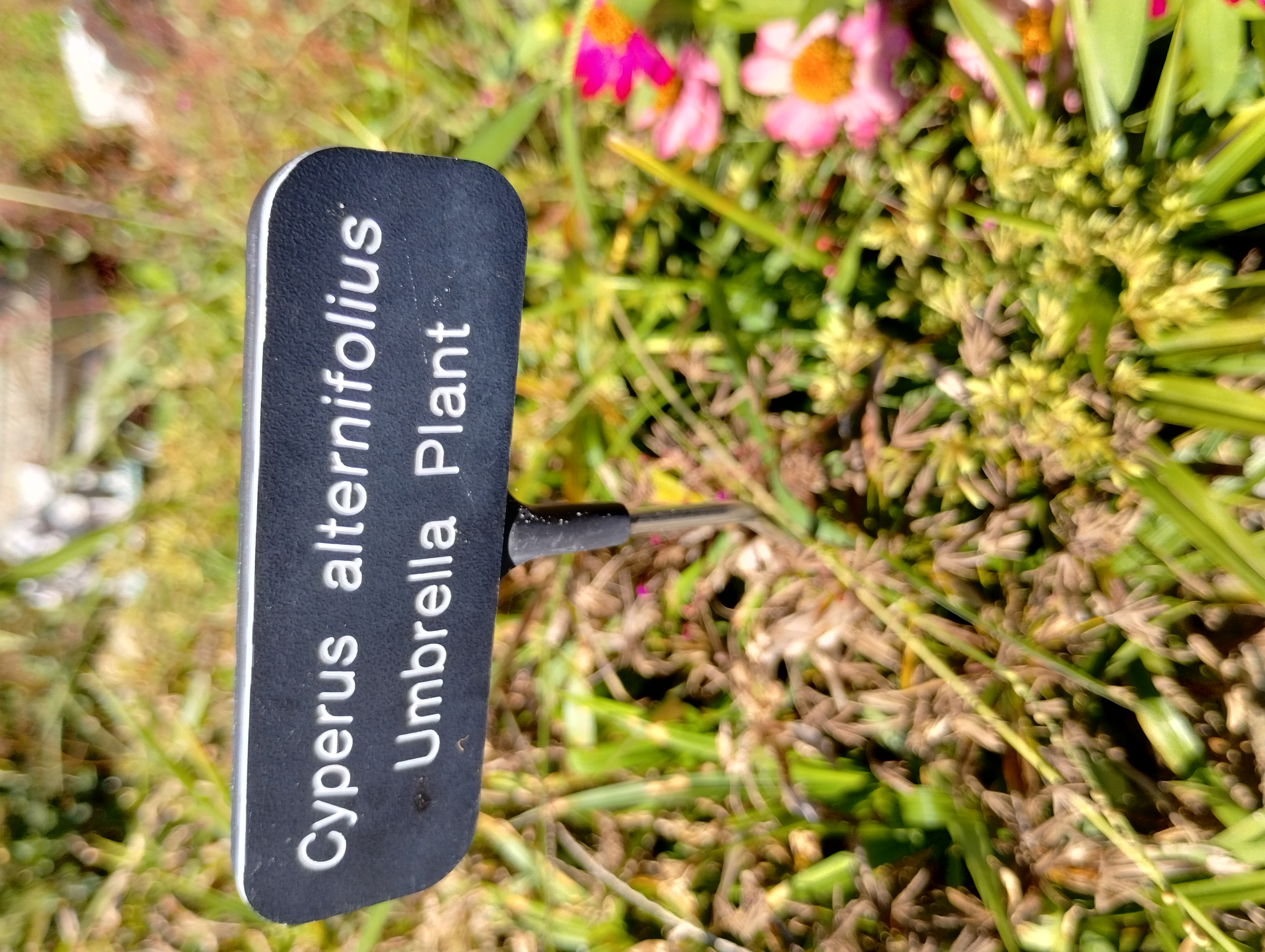
Cyperus alternifolius
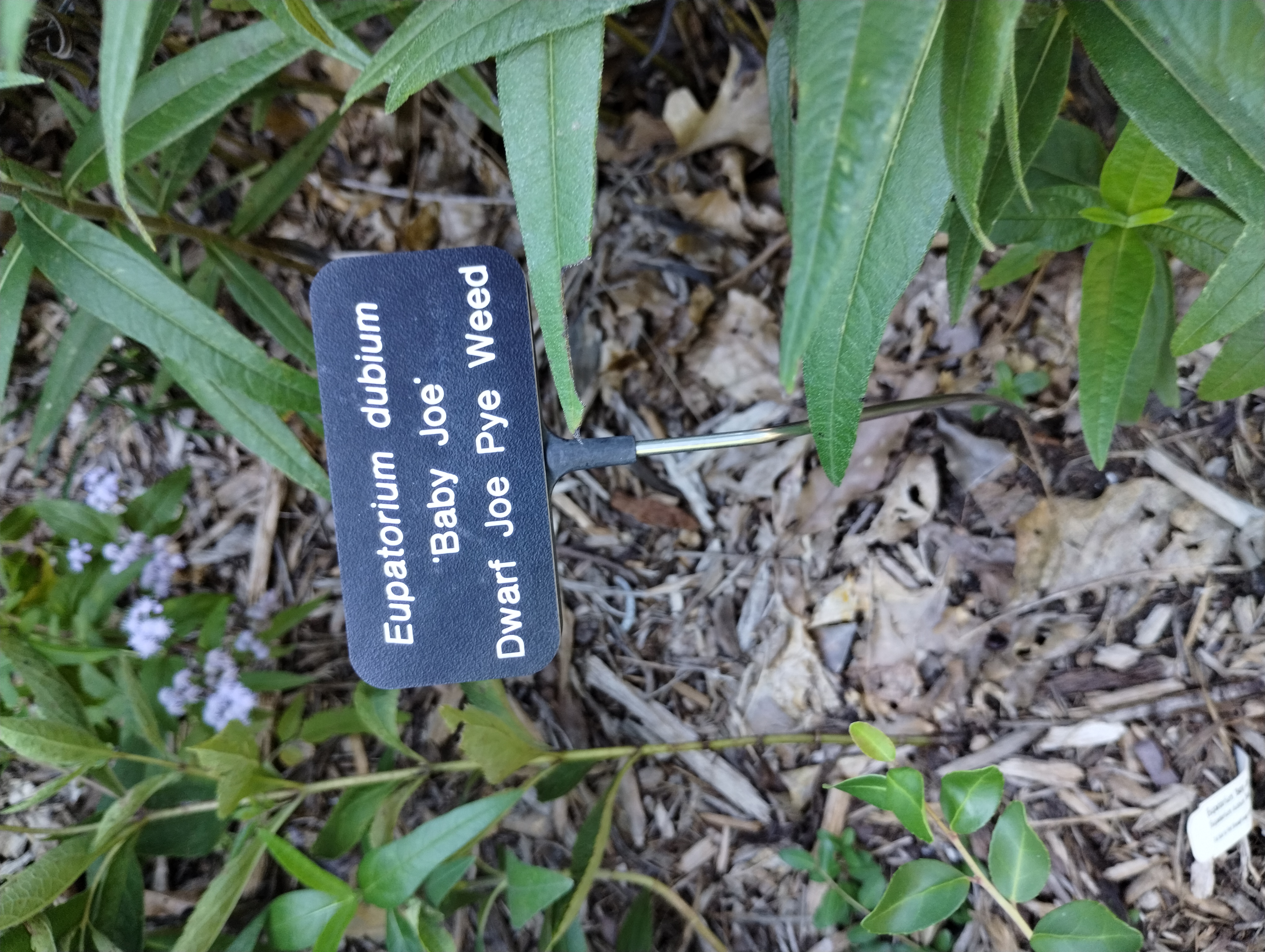
Eupatorium dubium
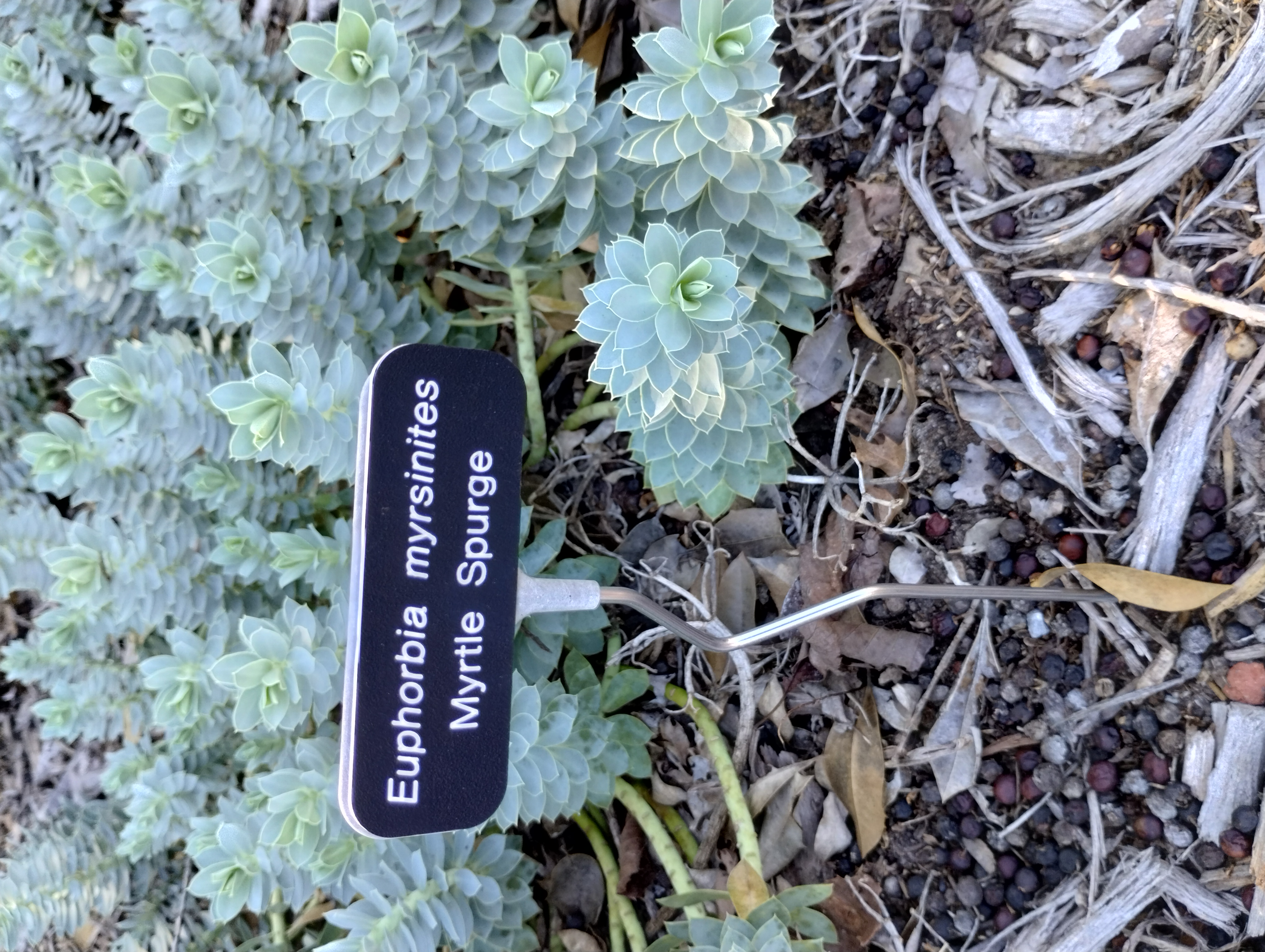
Euphorbia myrsinites
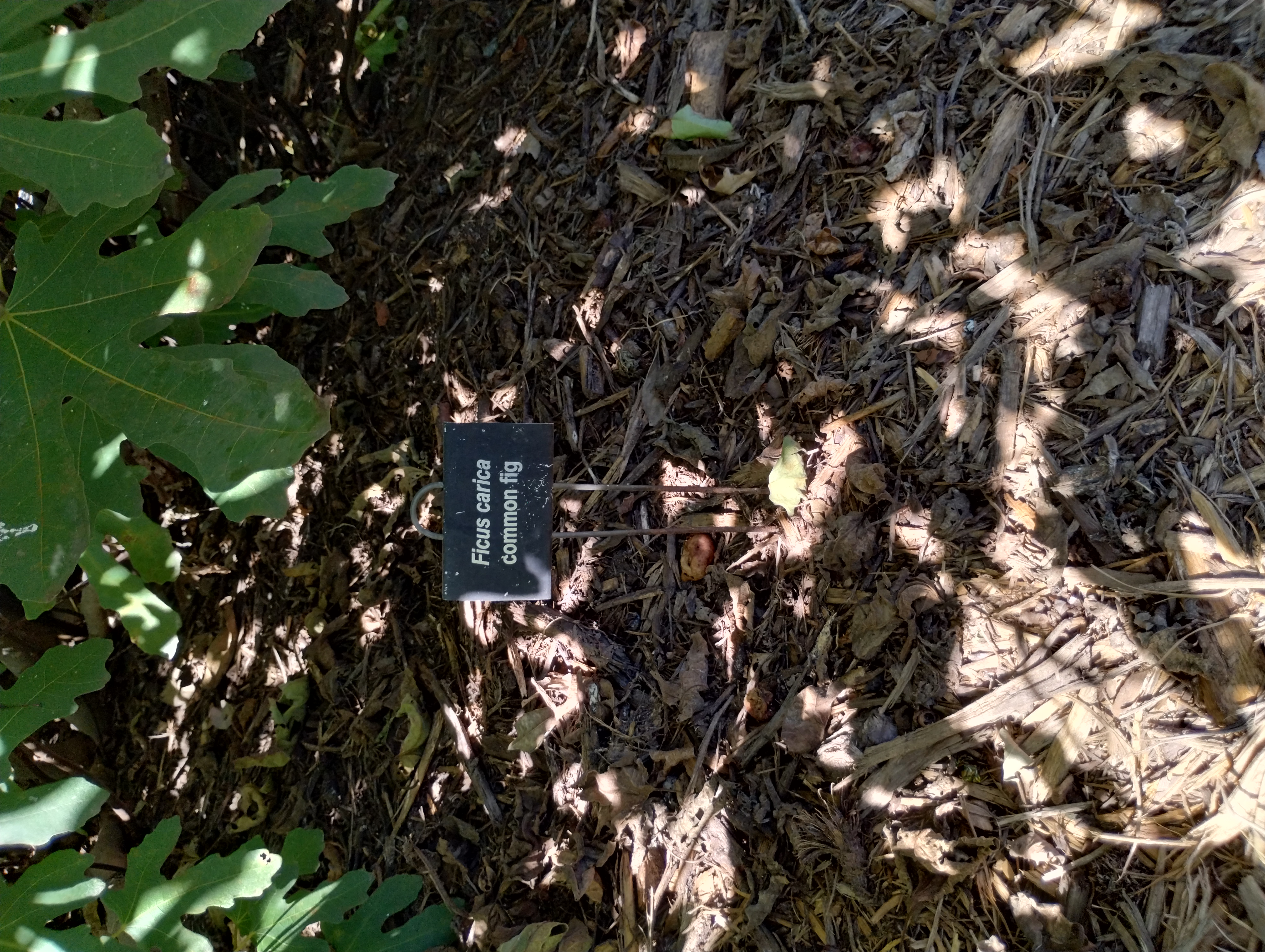
Ficus carica common fig
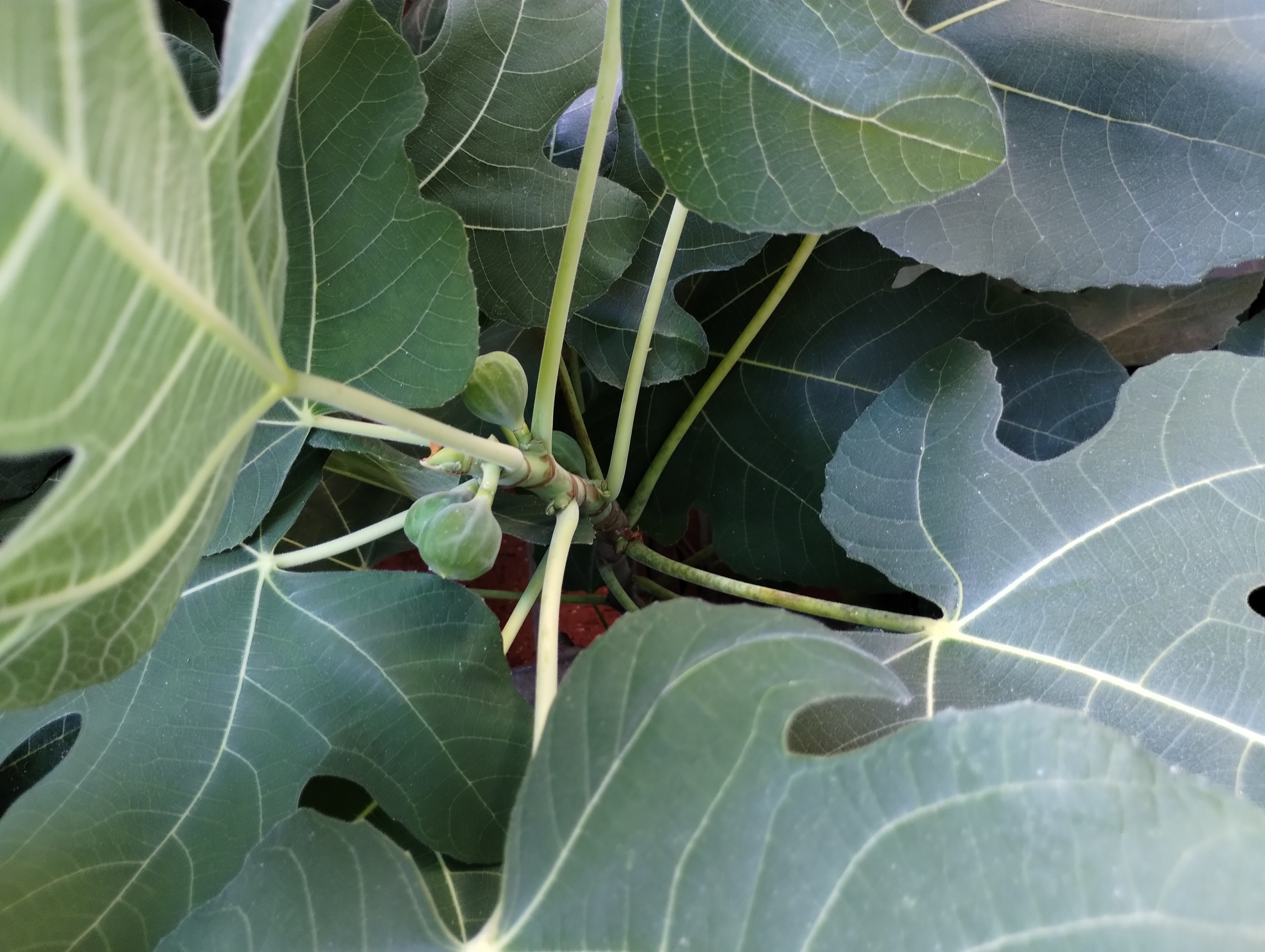
Ficus carica fruit
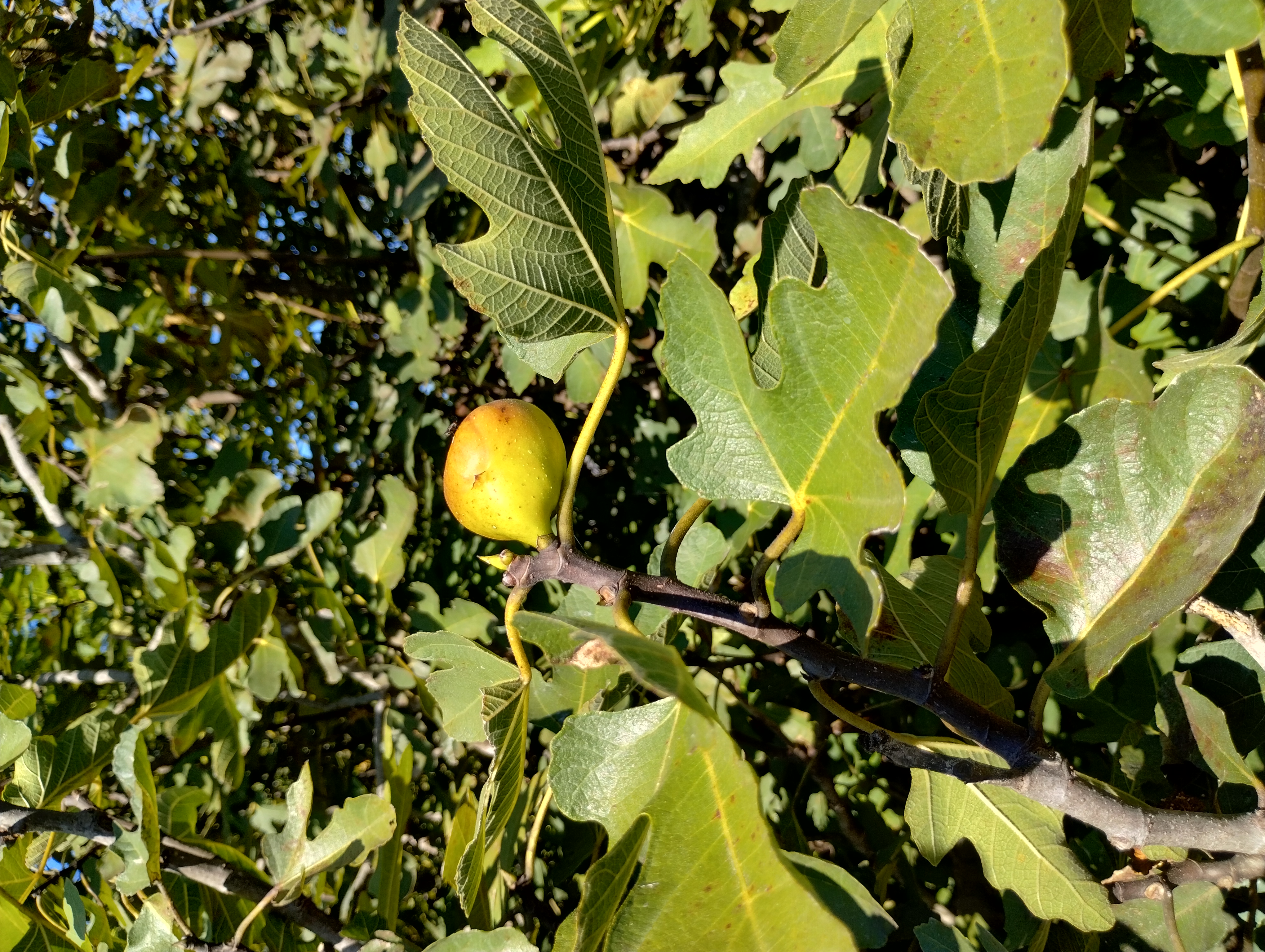
Ficus carica ripe fruit
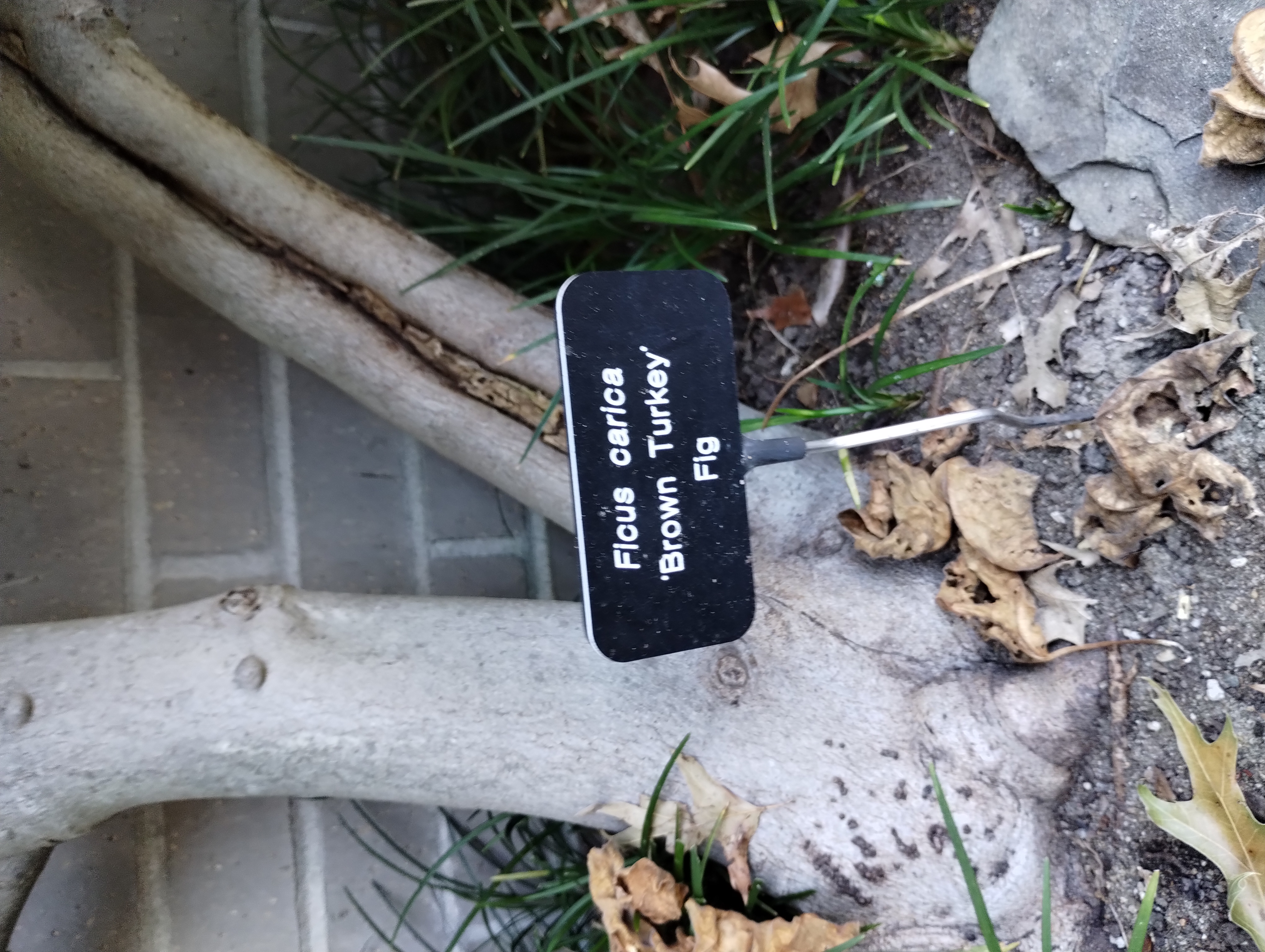
Ficus carica
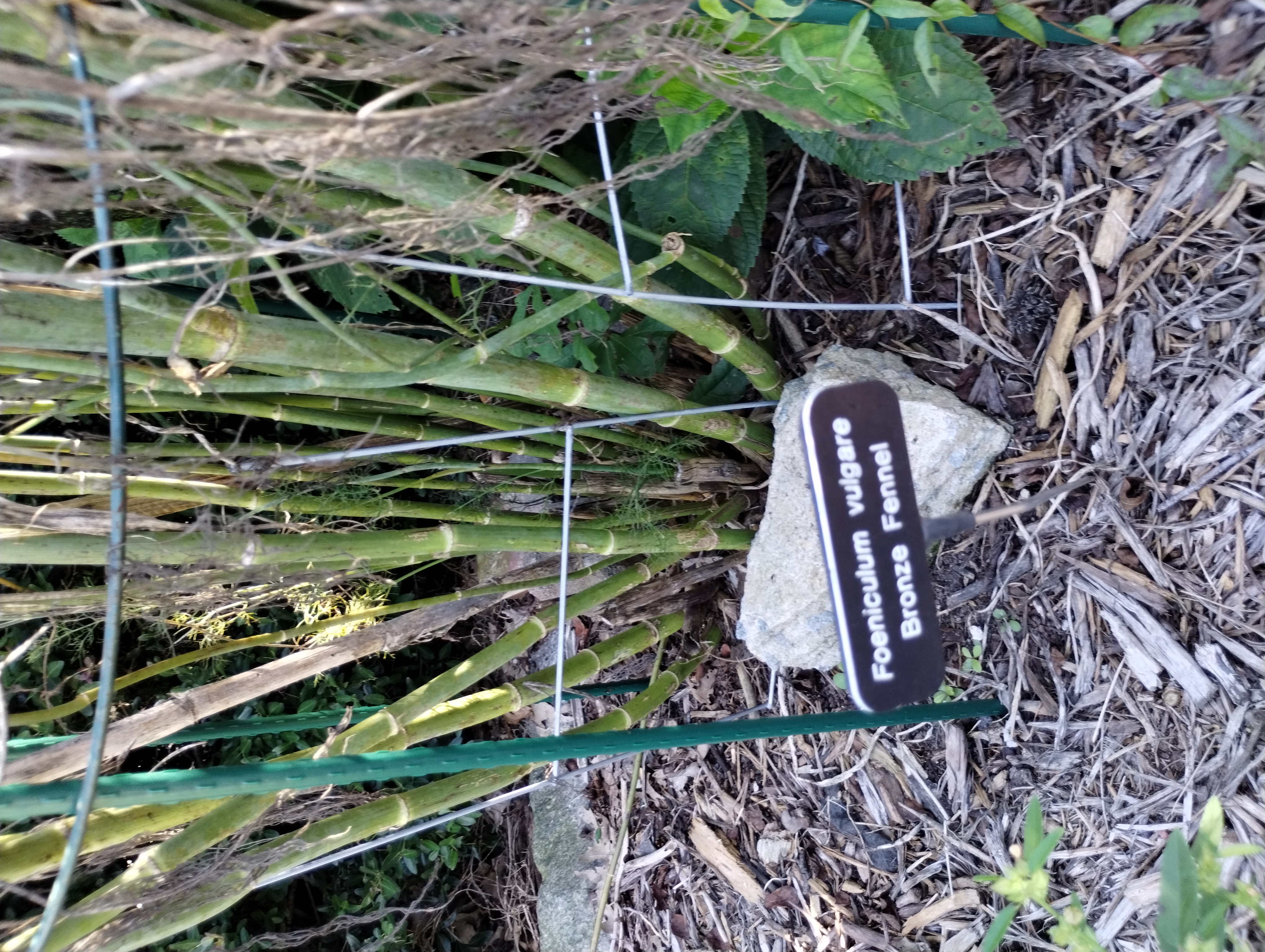
Foeniculum vulgare

Gelsemium sempervirens
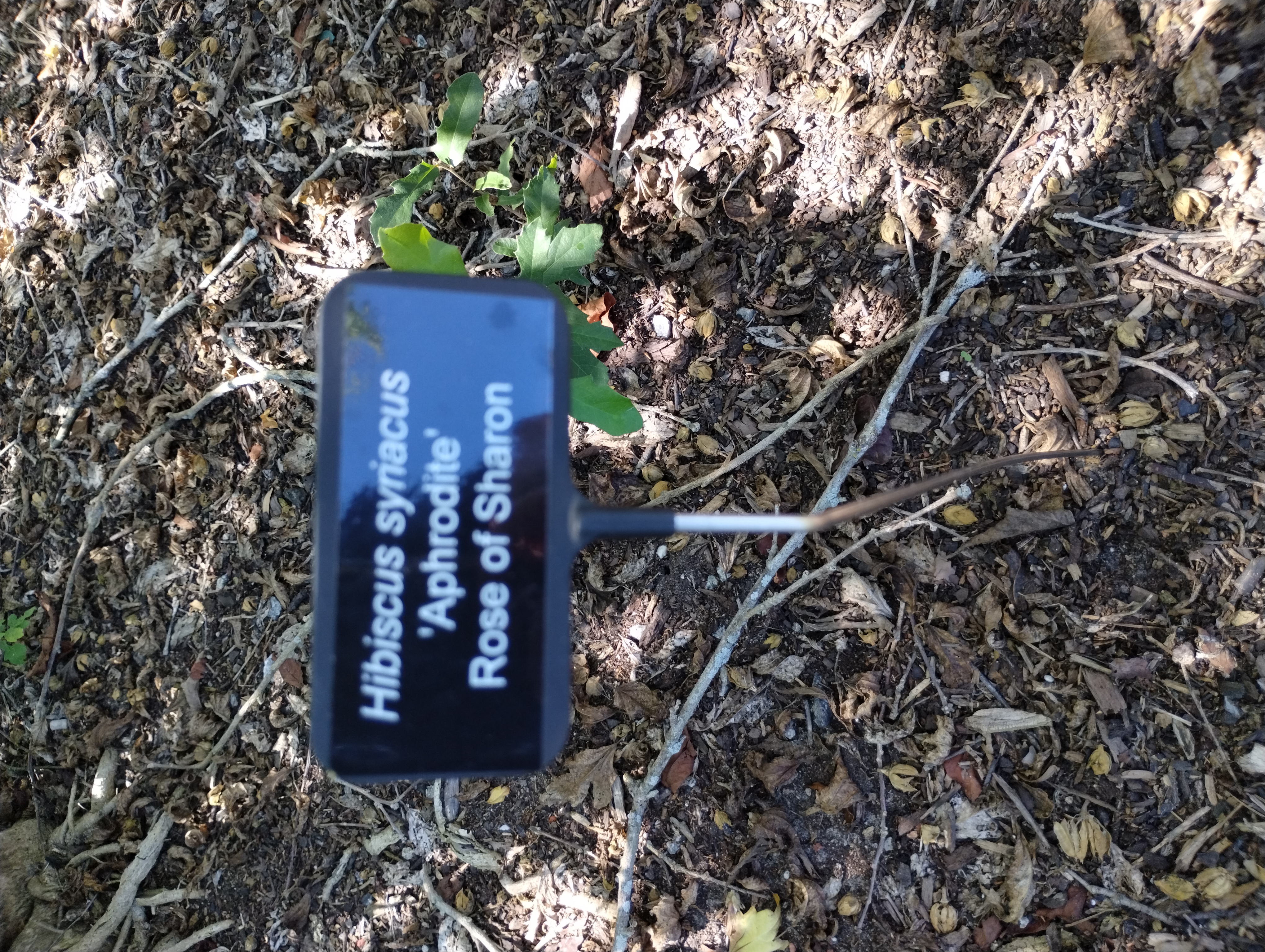
Hibiscus syriacus
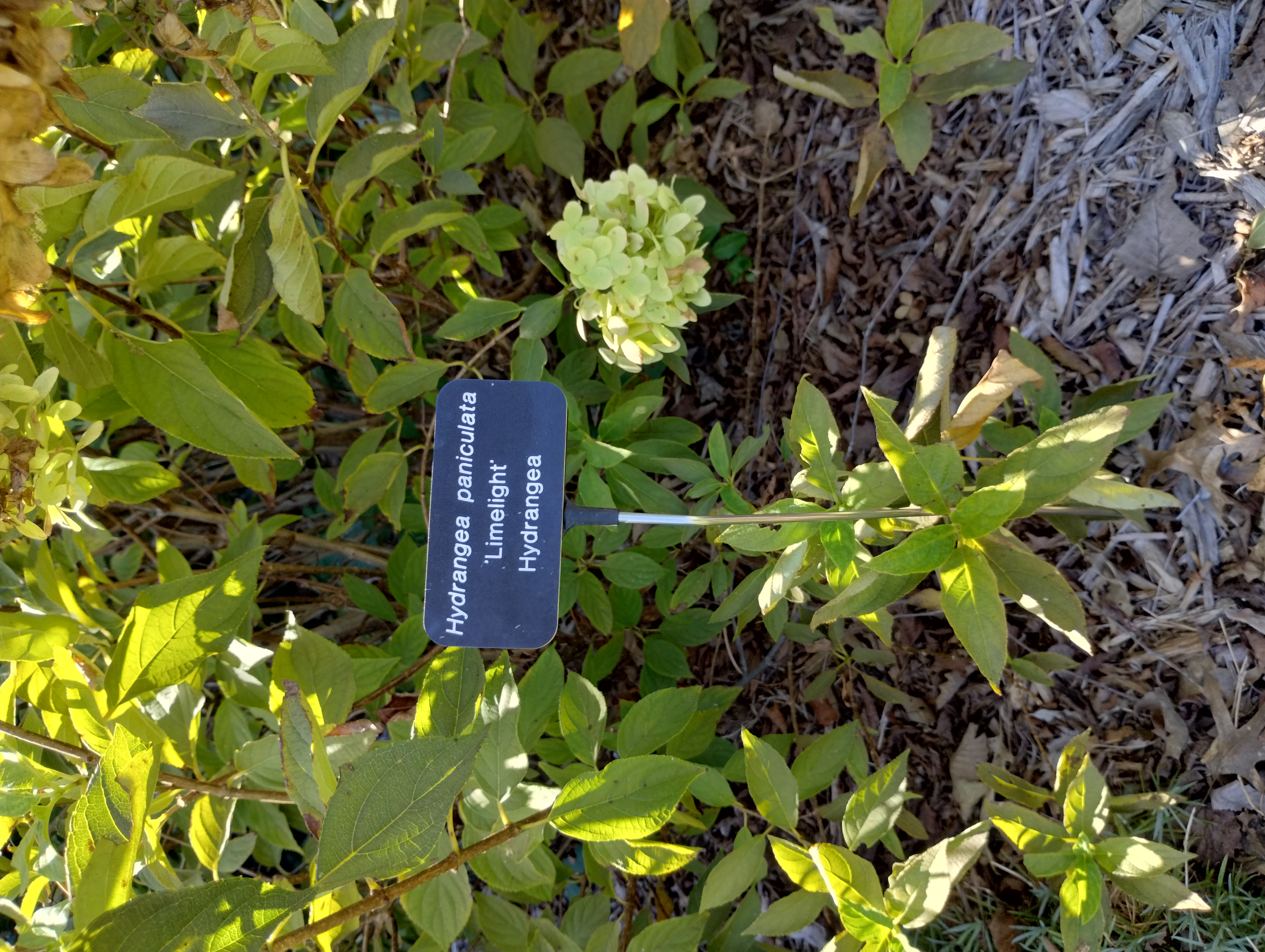
Hydrangea paniculata
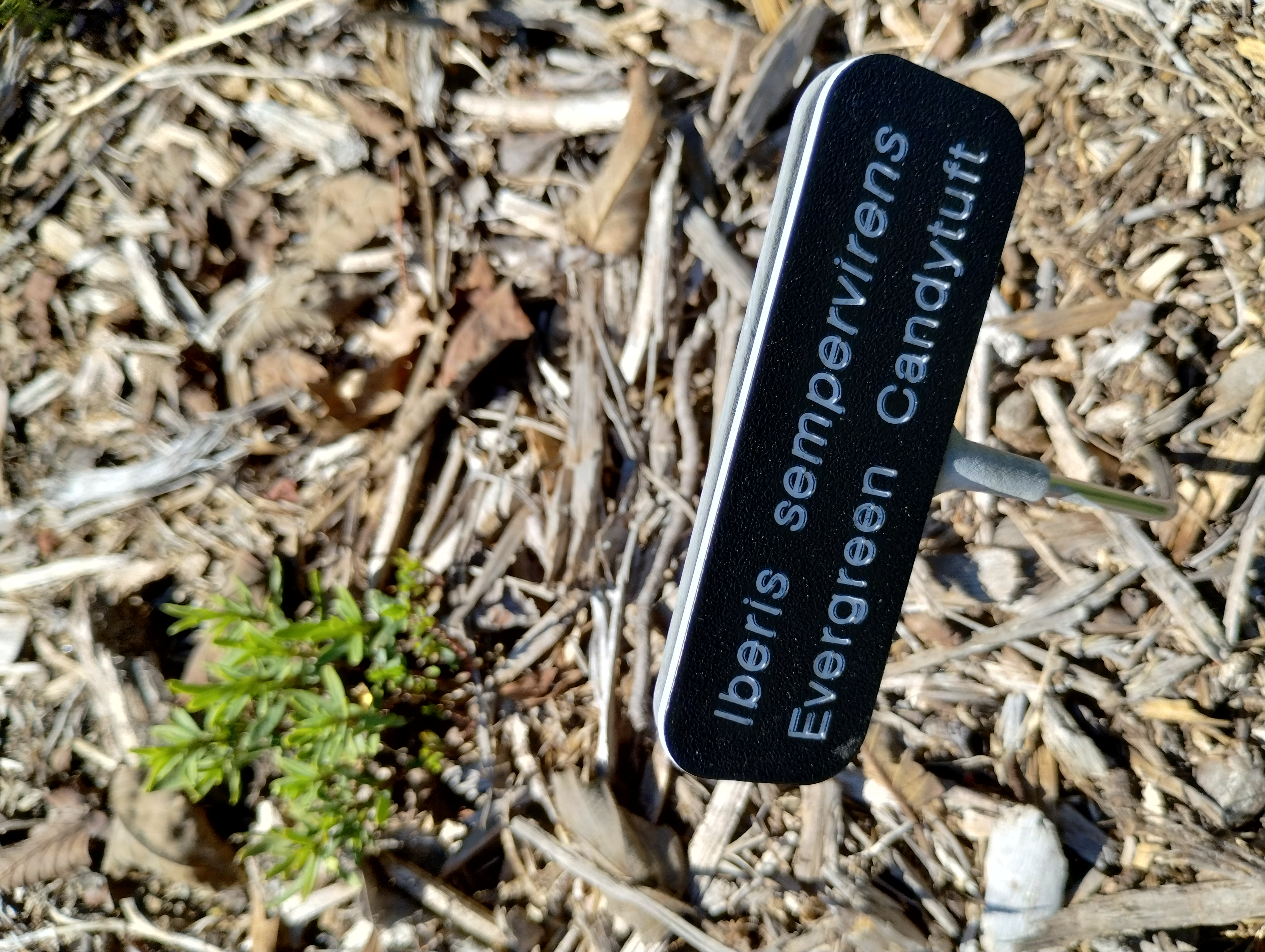
Iberis sempervirens
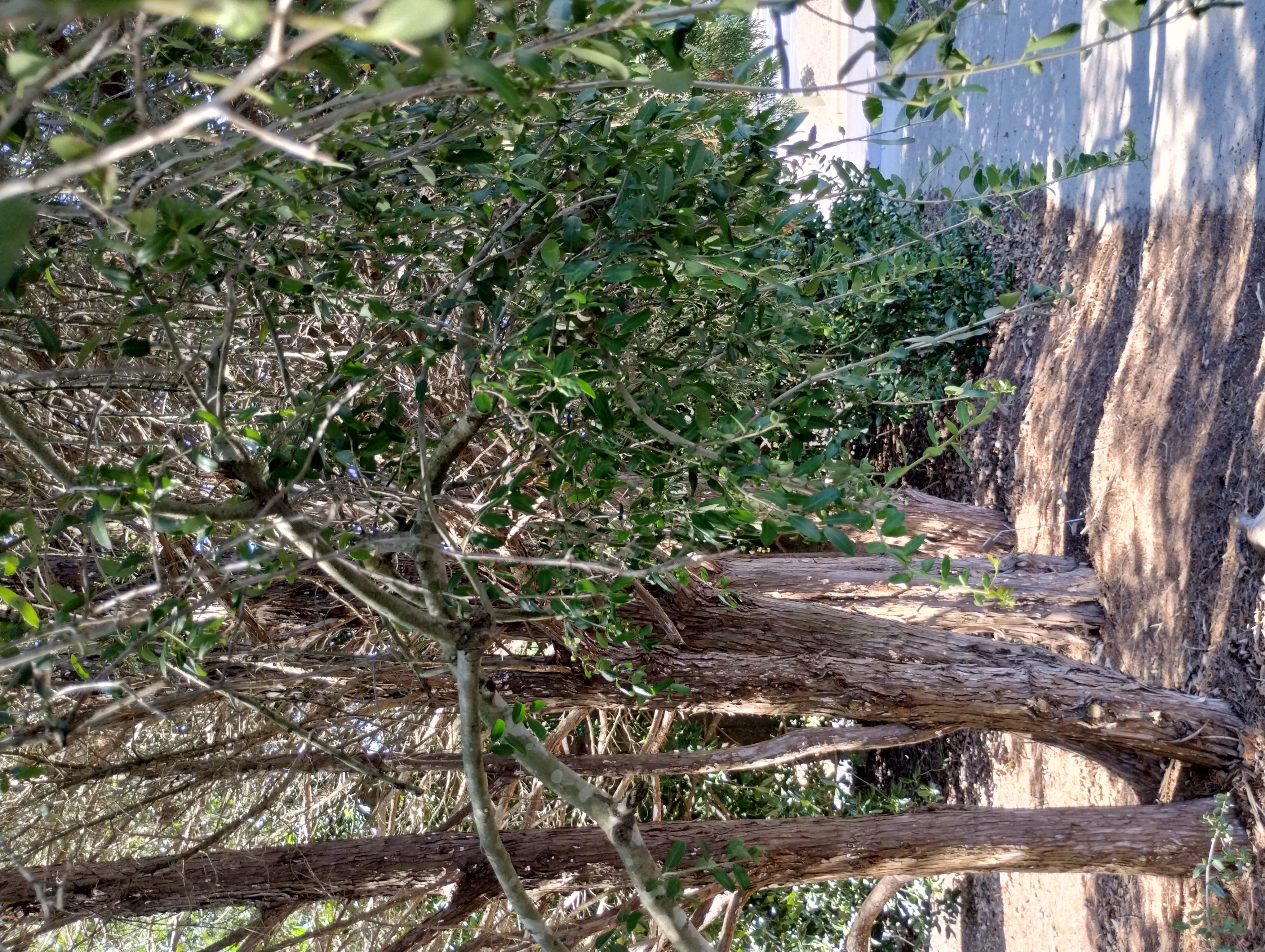
Ilex vomitoria pendula
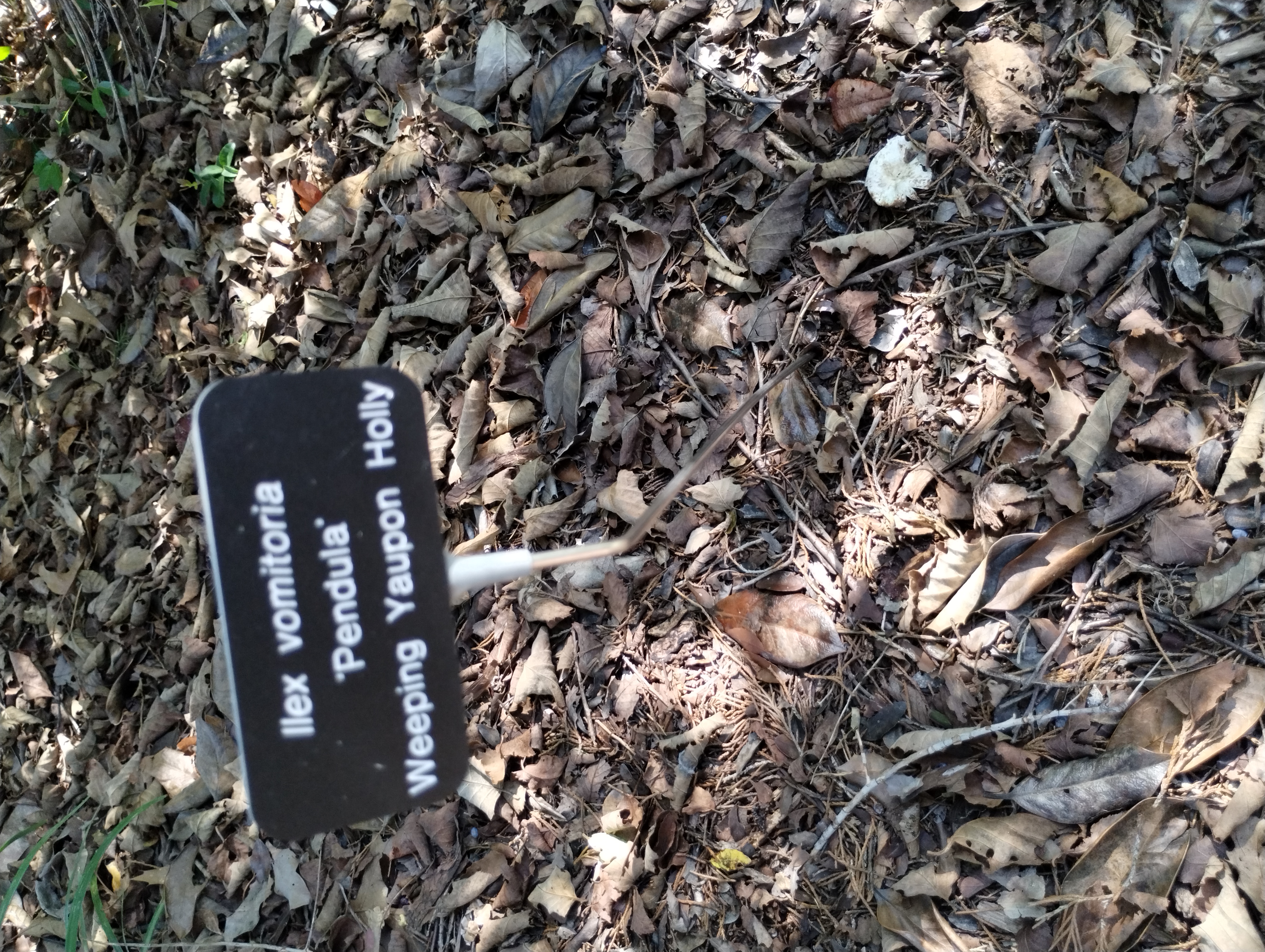
Ilex vomitoria
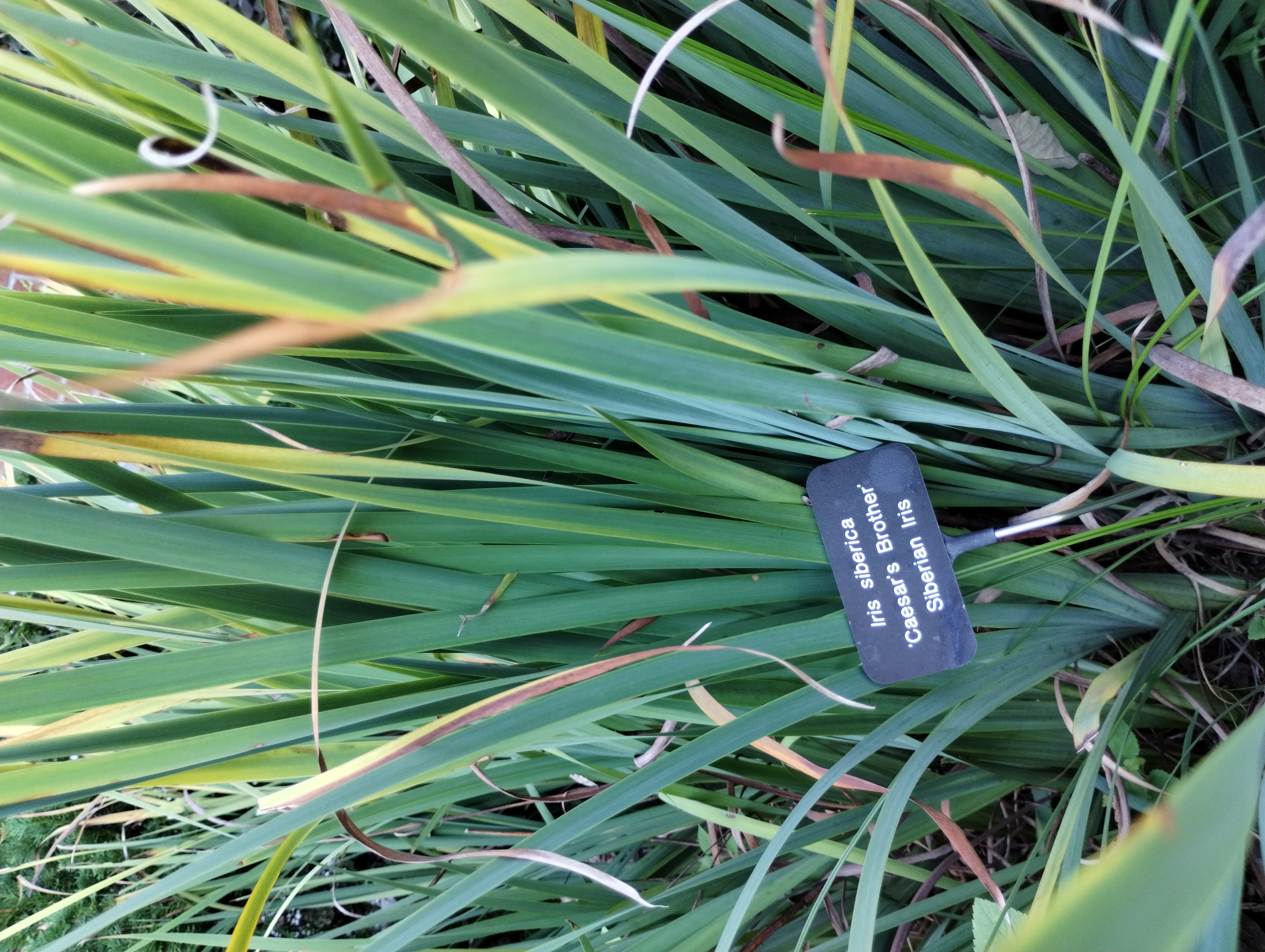
Iris siberica
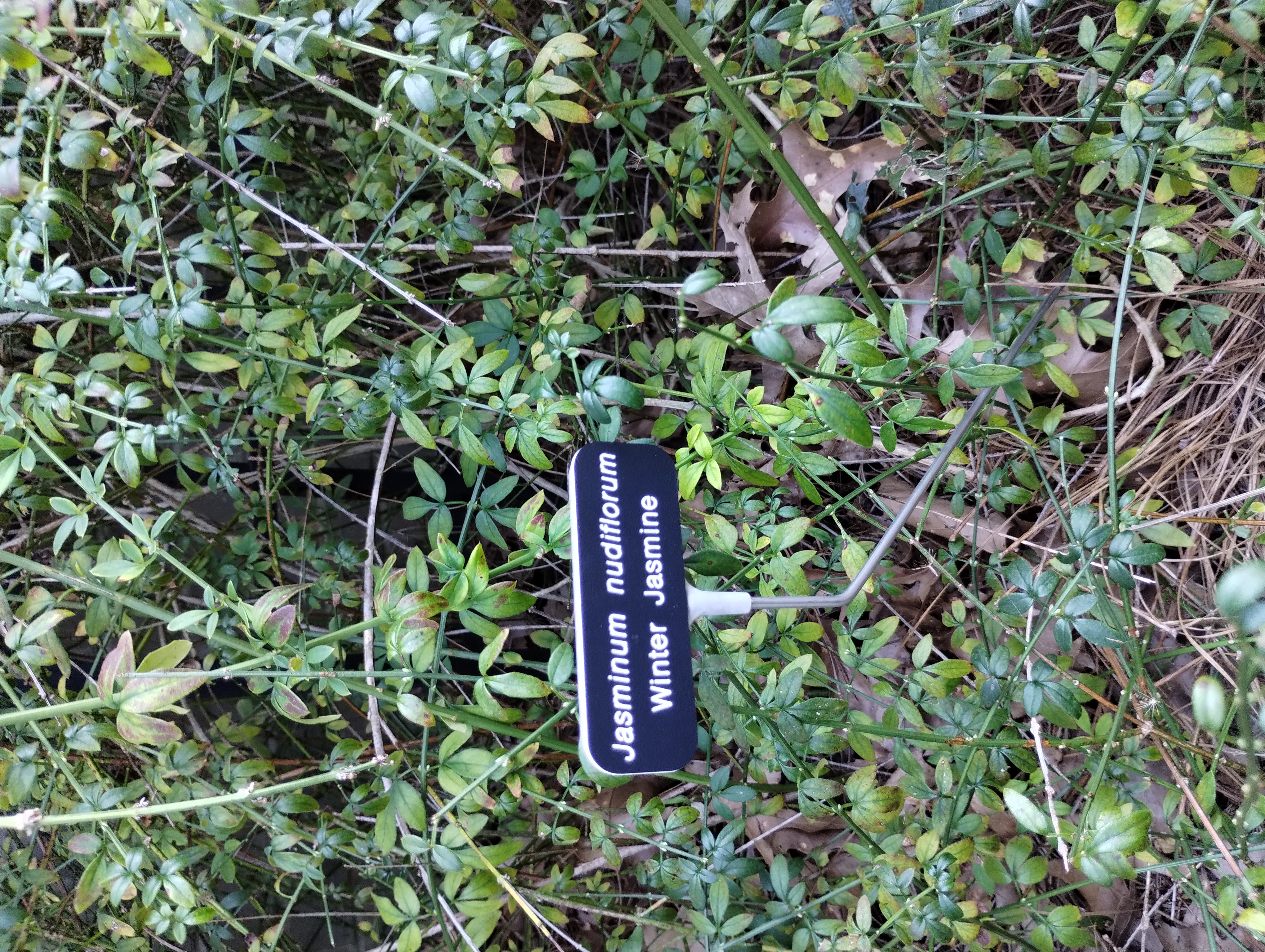
Jasminum nudiflorum
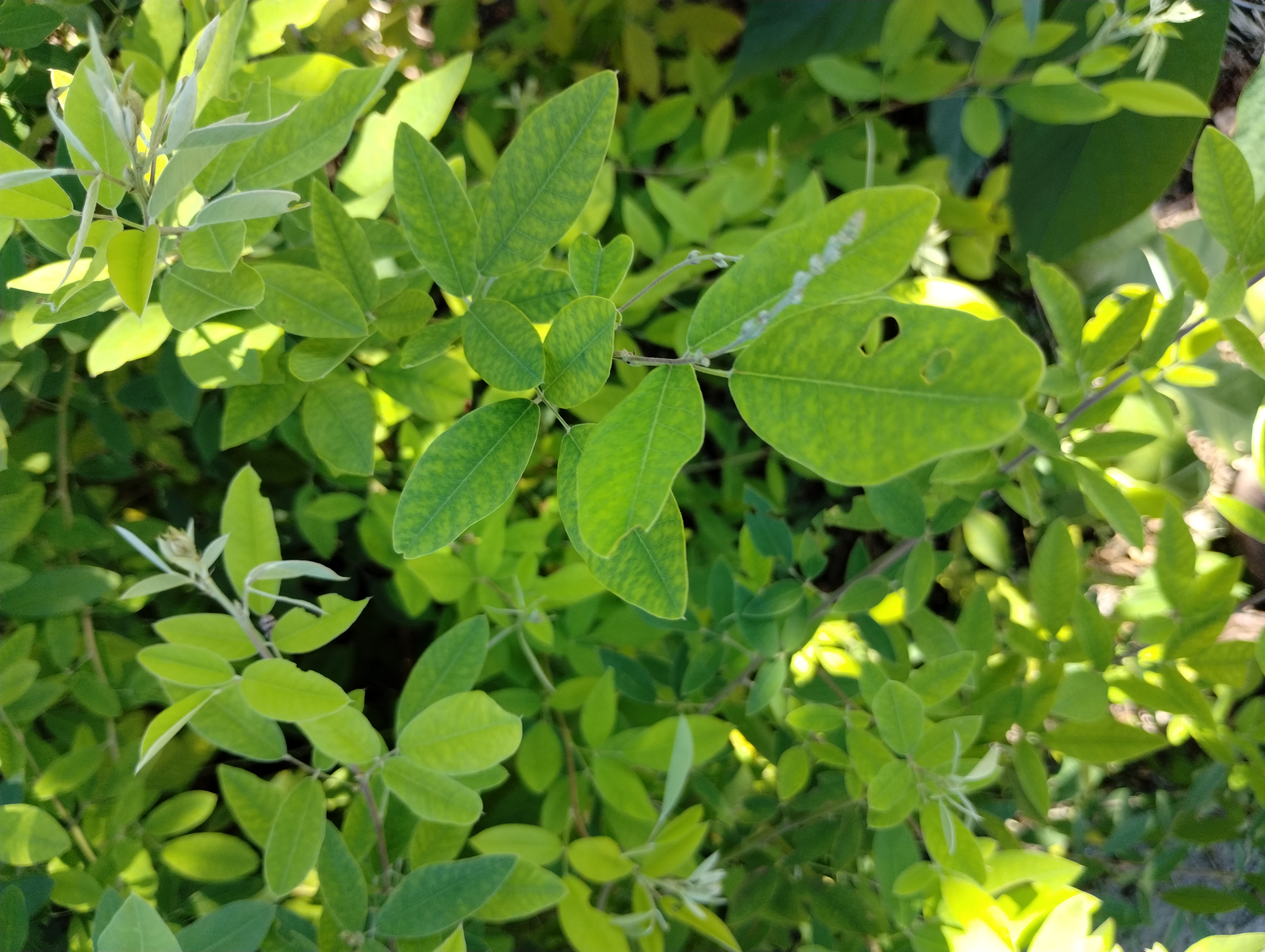
Lespedeza bicolor leaves
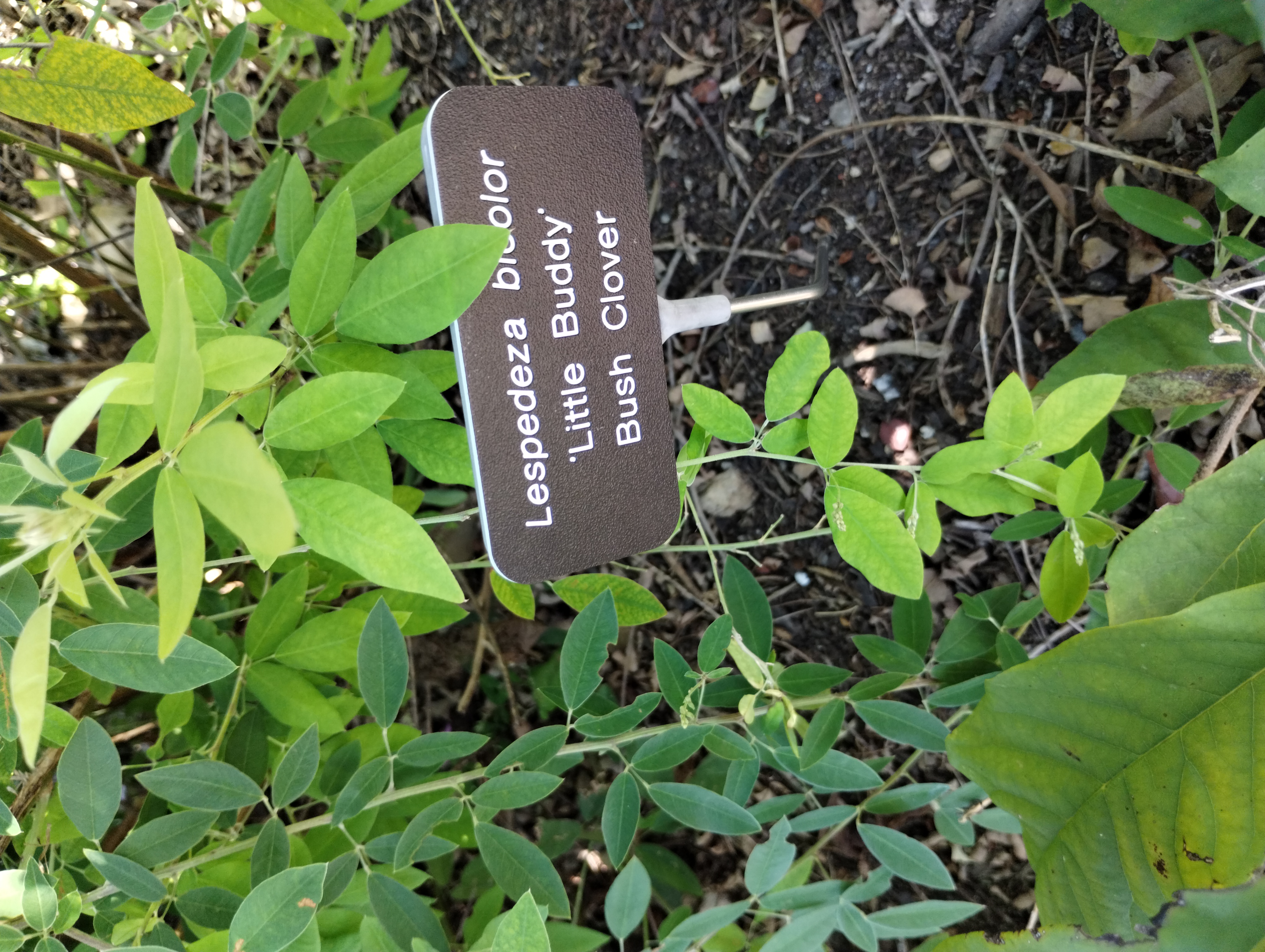
Lespedeza bicolor
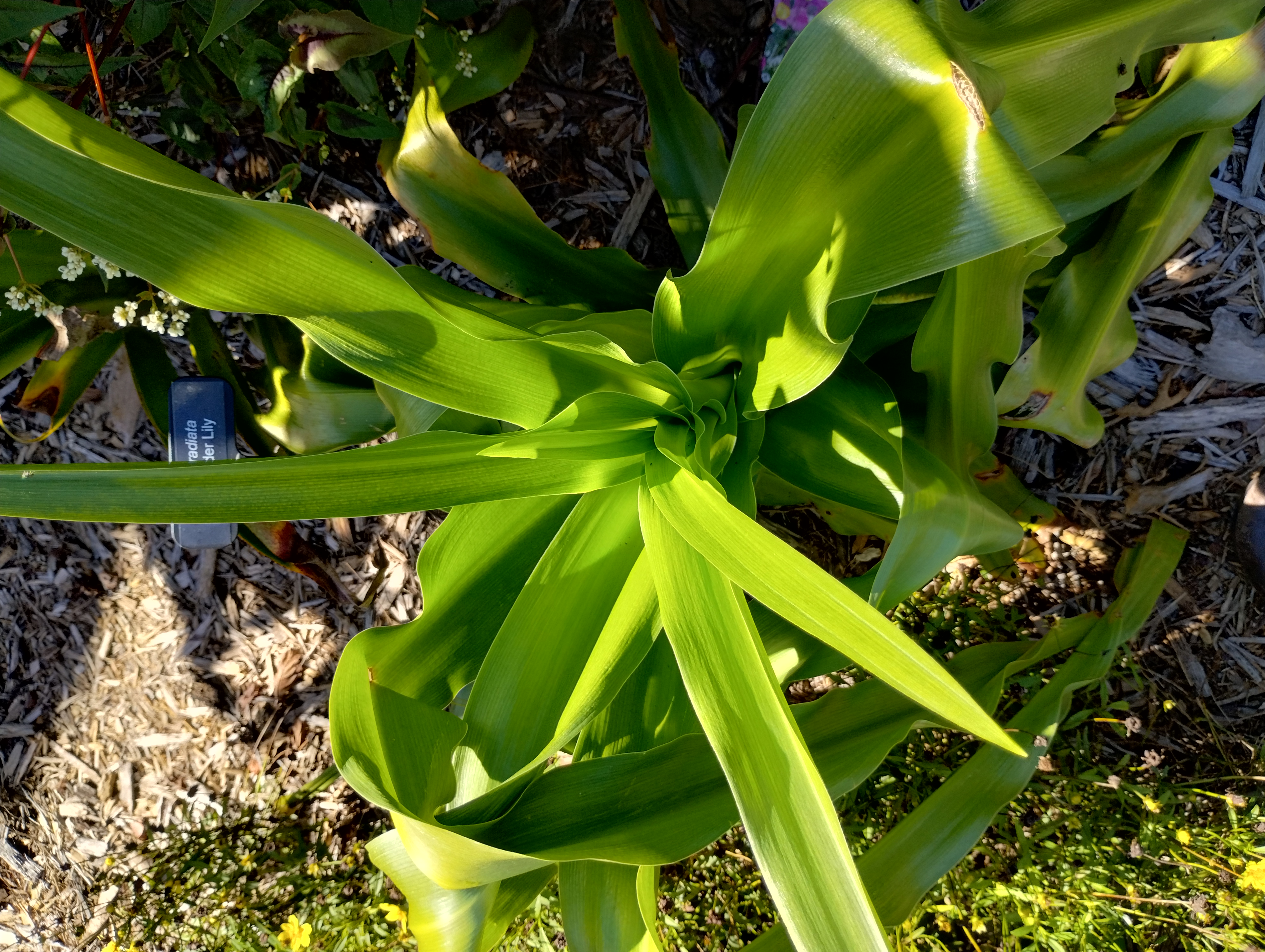
Lycoris radiata
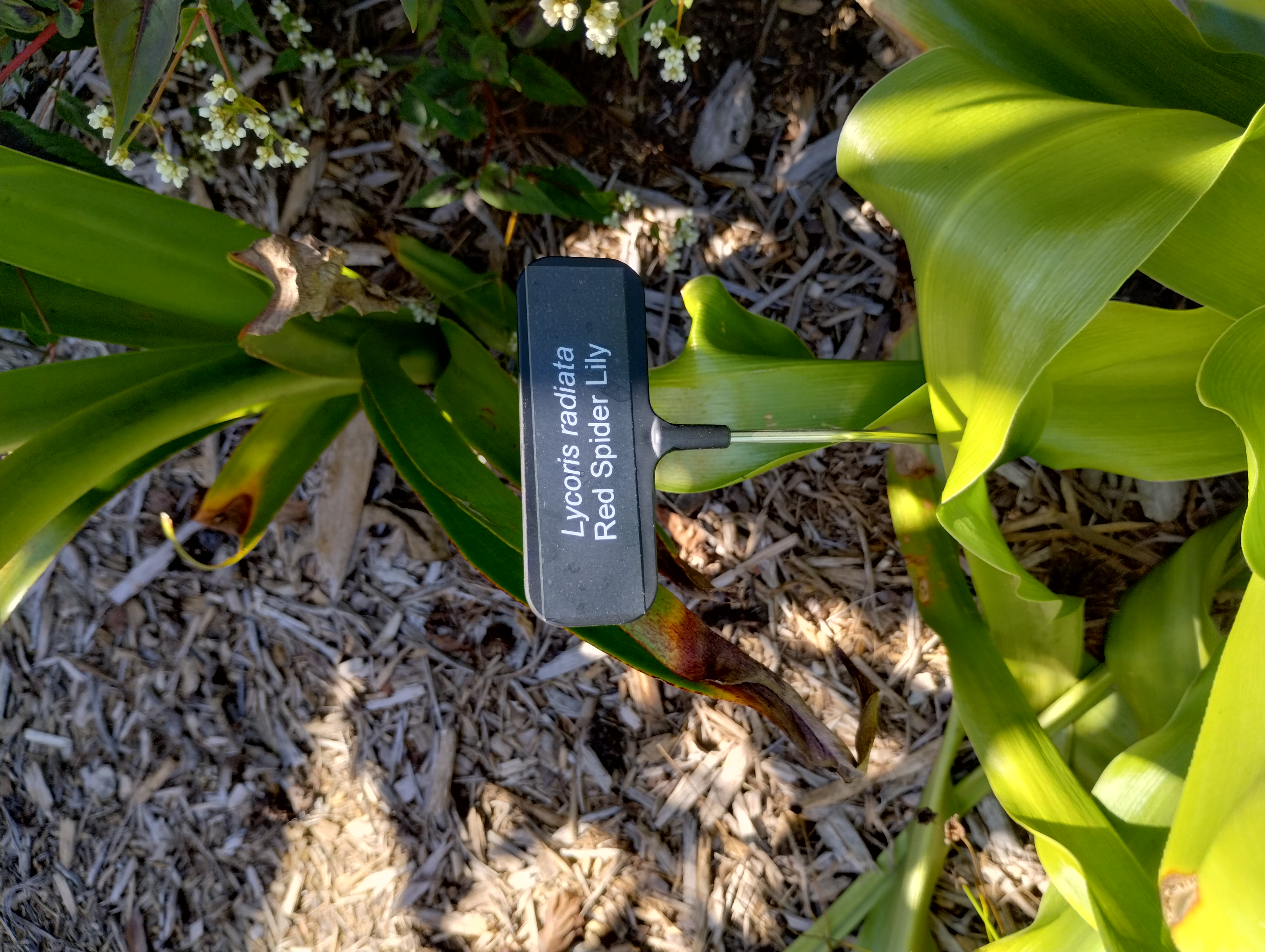
Lycoris radiata
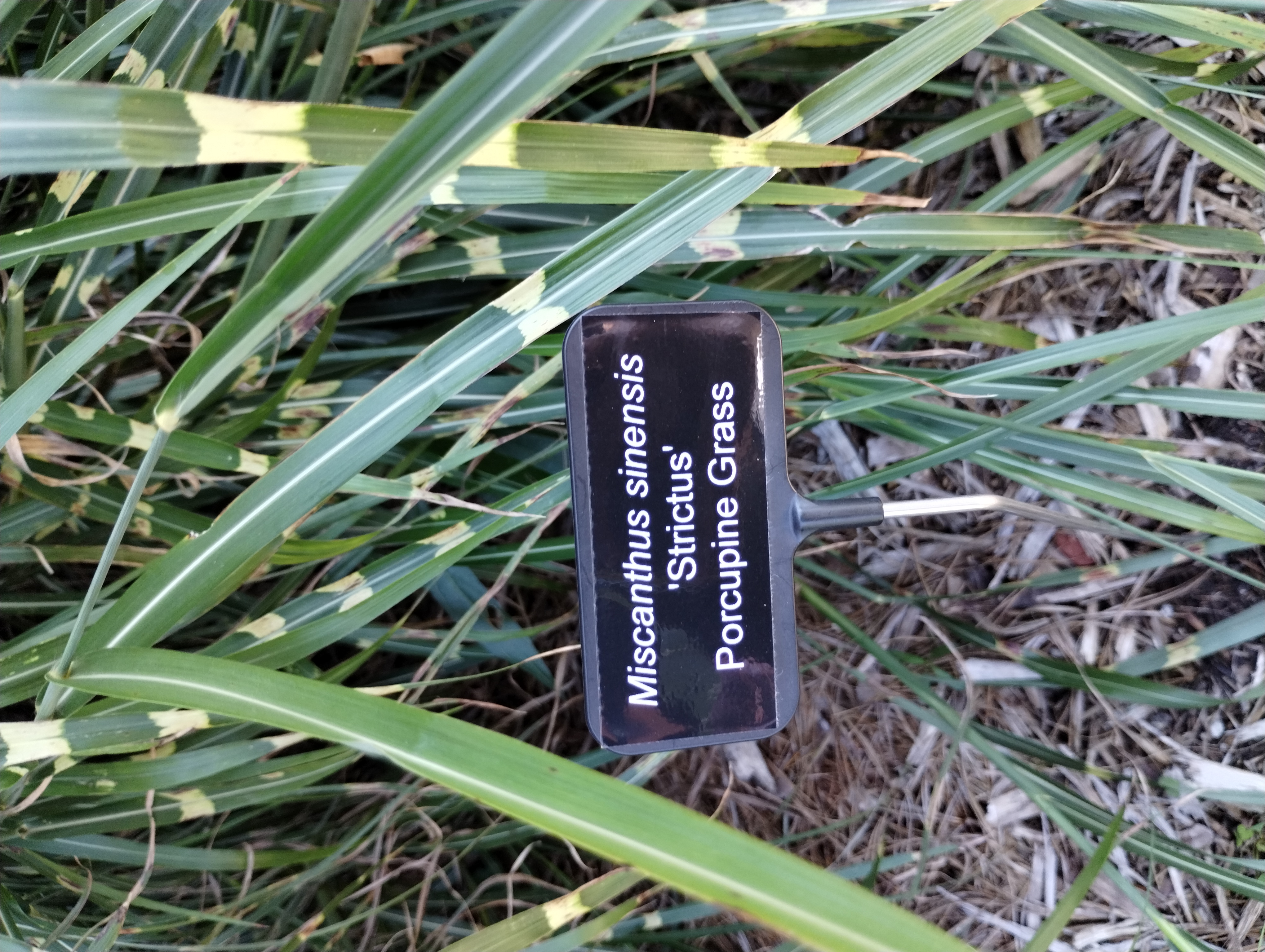
Miscanthus sinensis
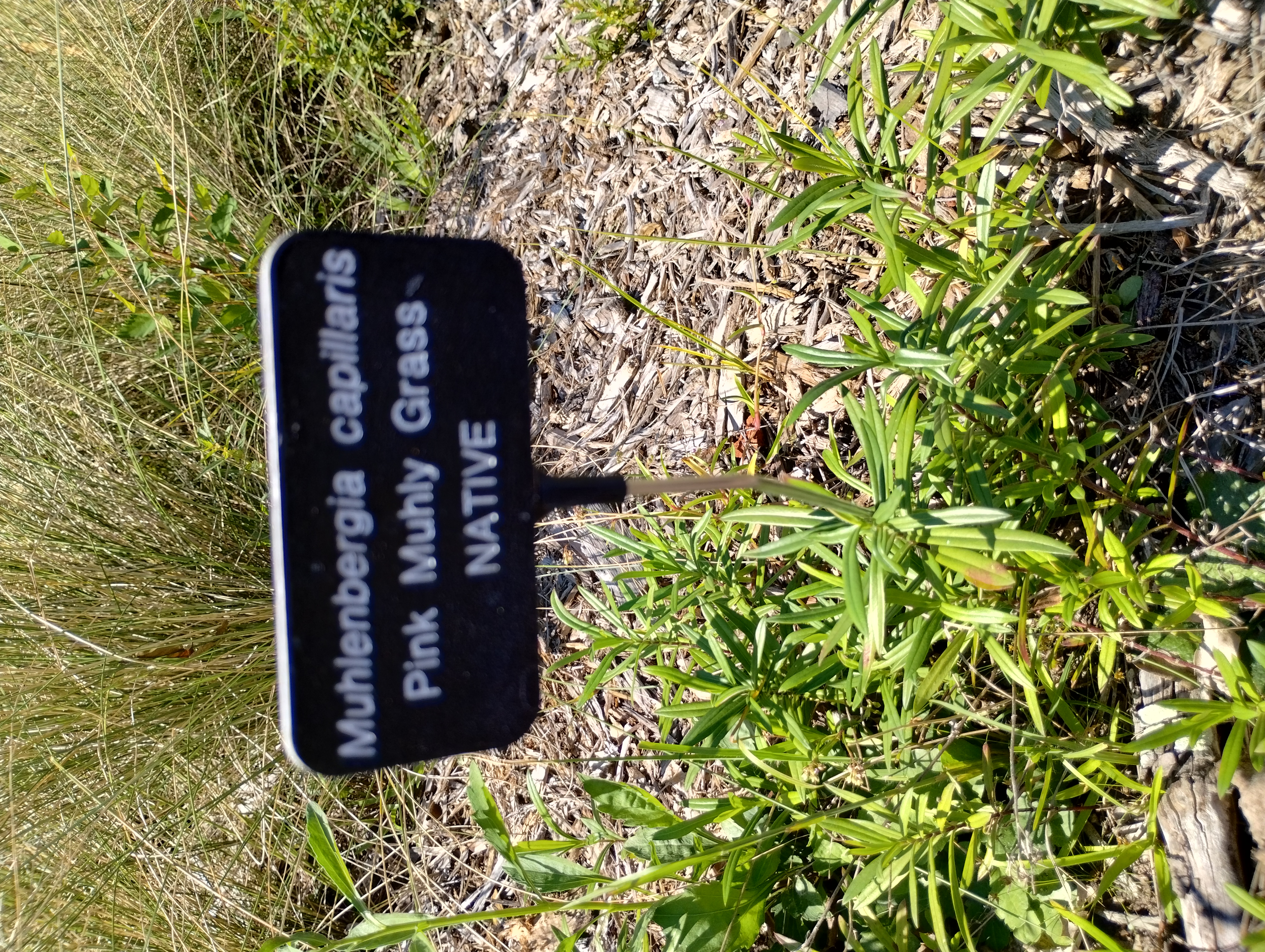
Muhlenbergia capillaris
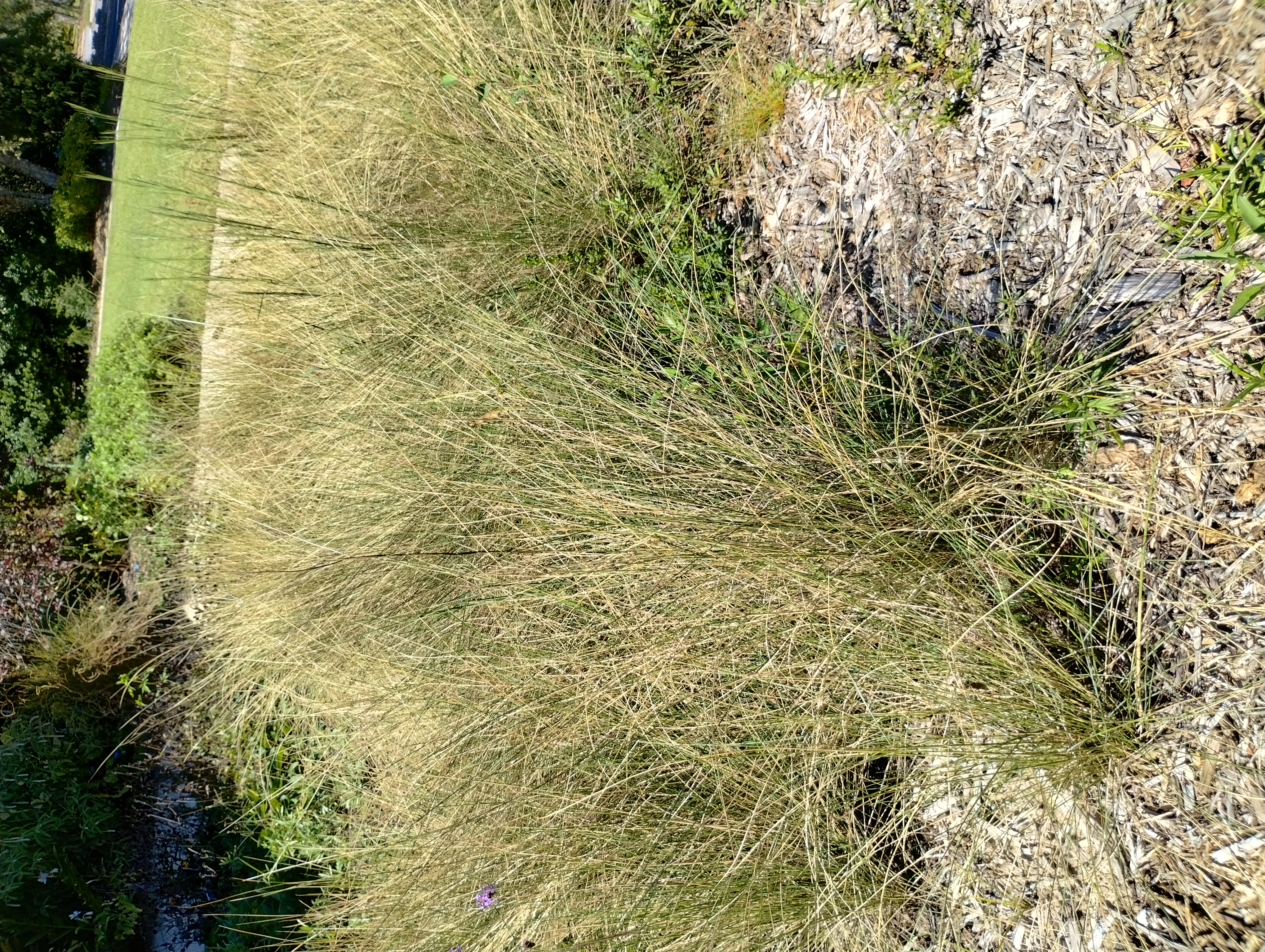
Muhlenbergia capillaris
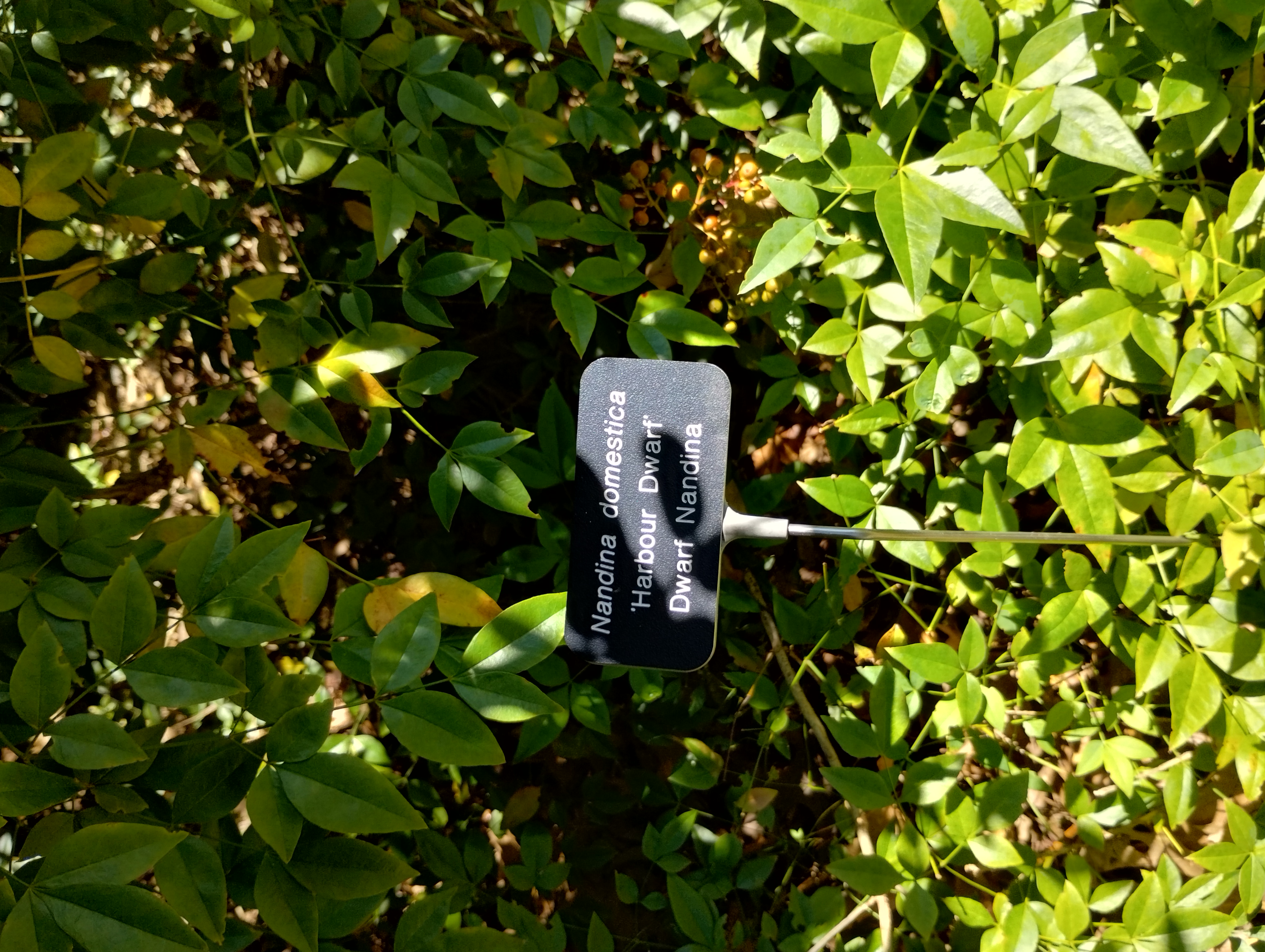
Nandina domestica
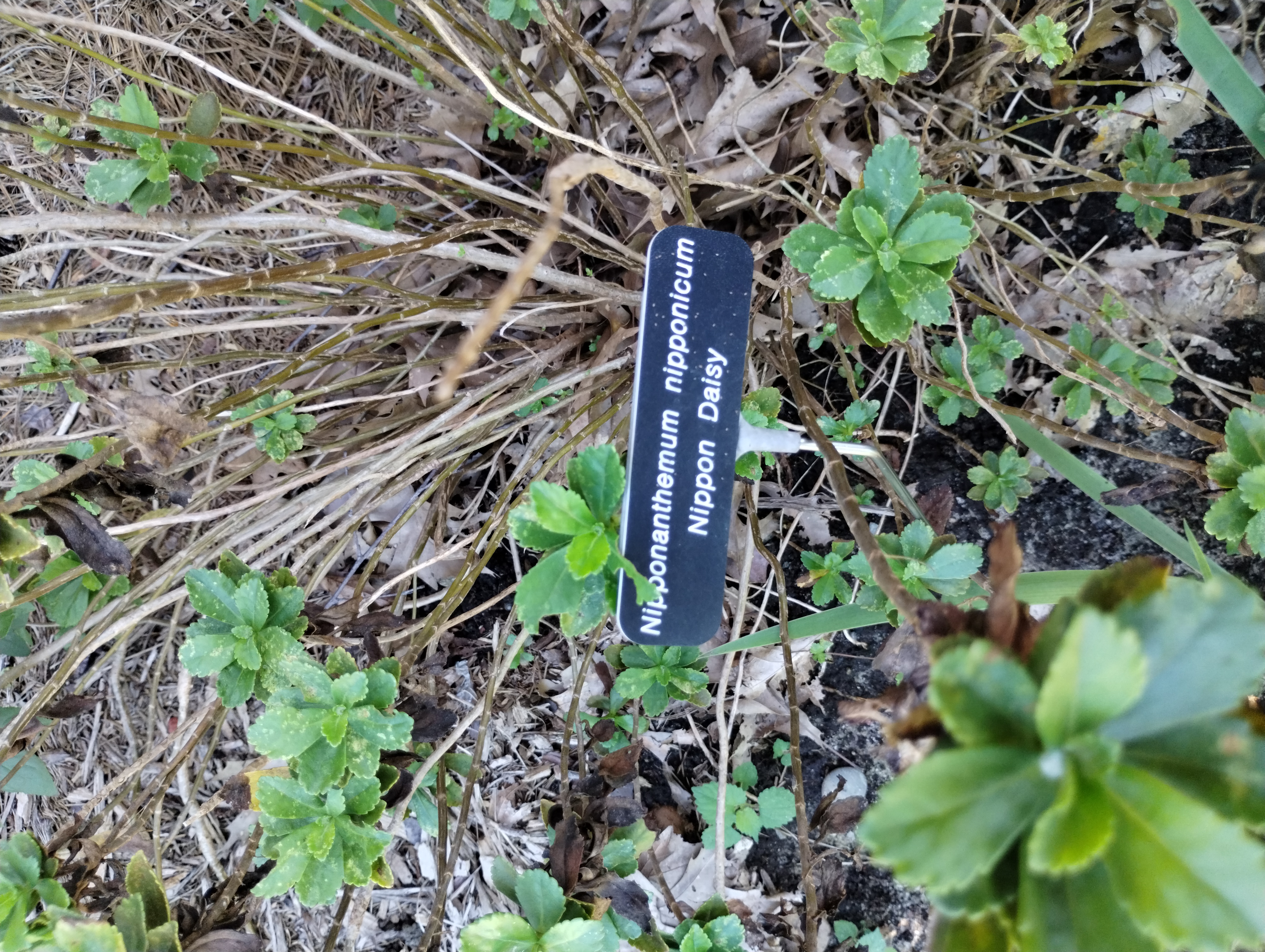
Nipponanthemum Nipponicum
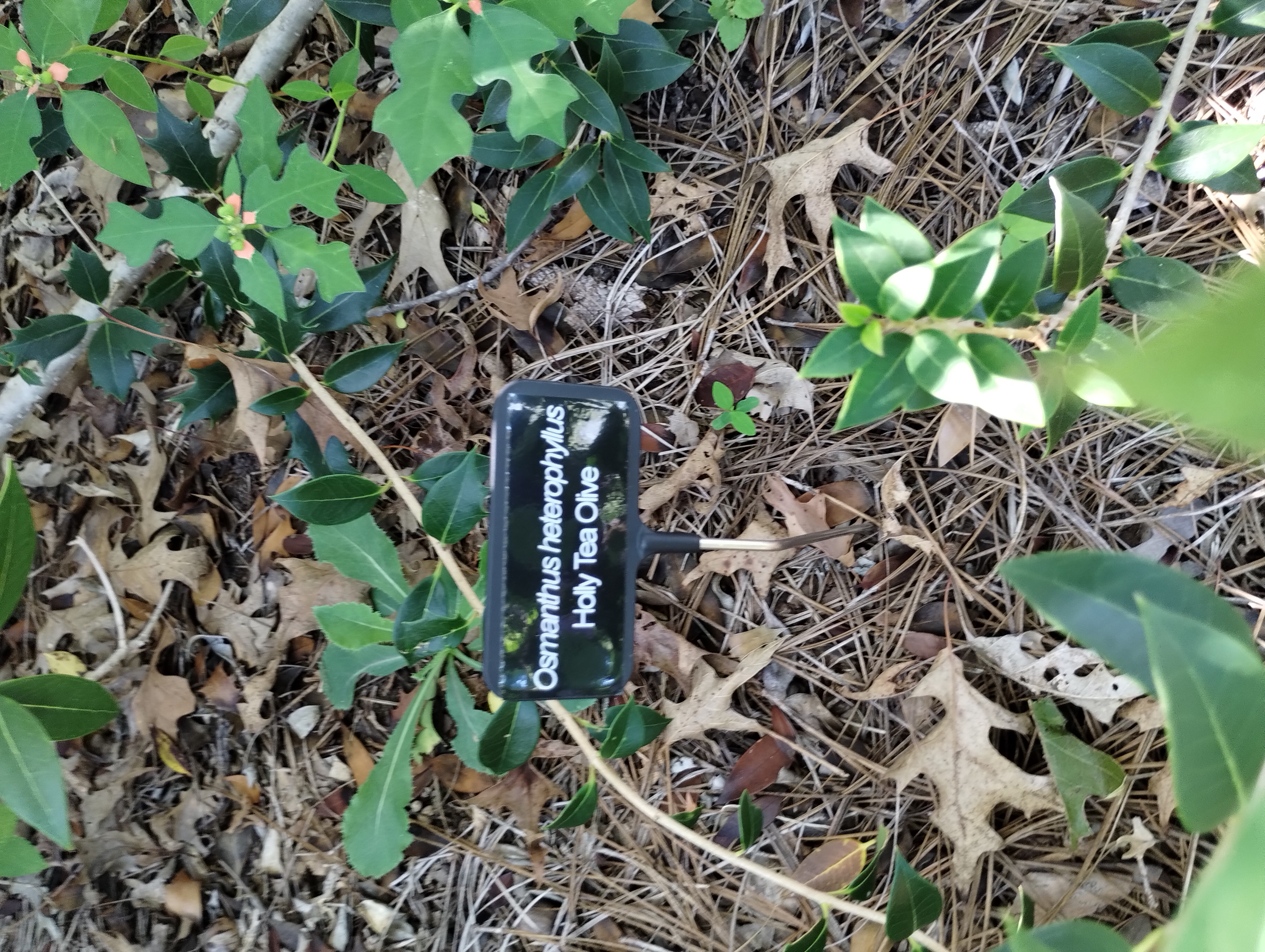
Osmanthus heterophyllus
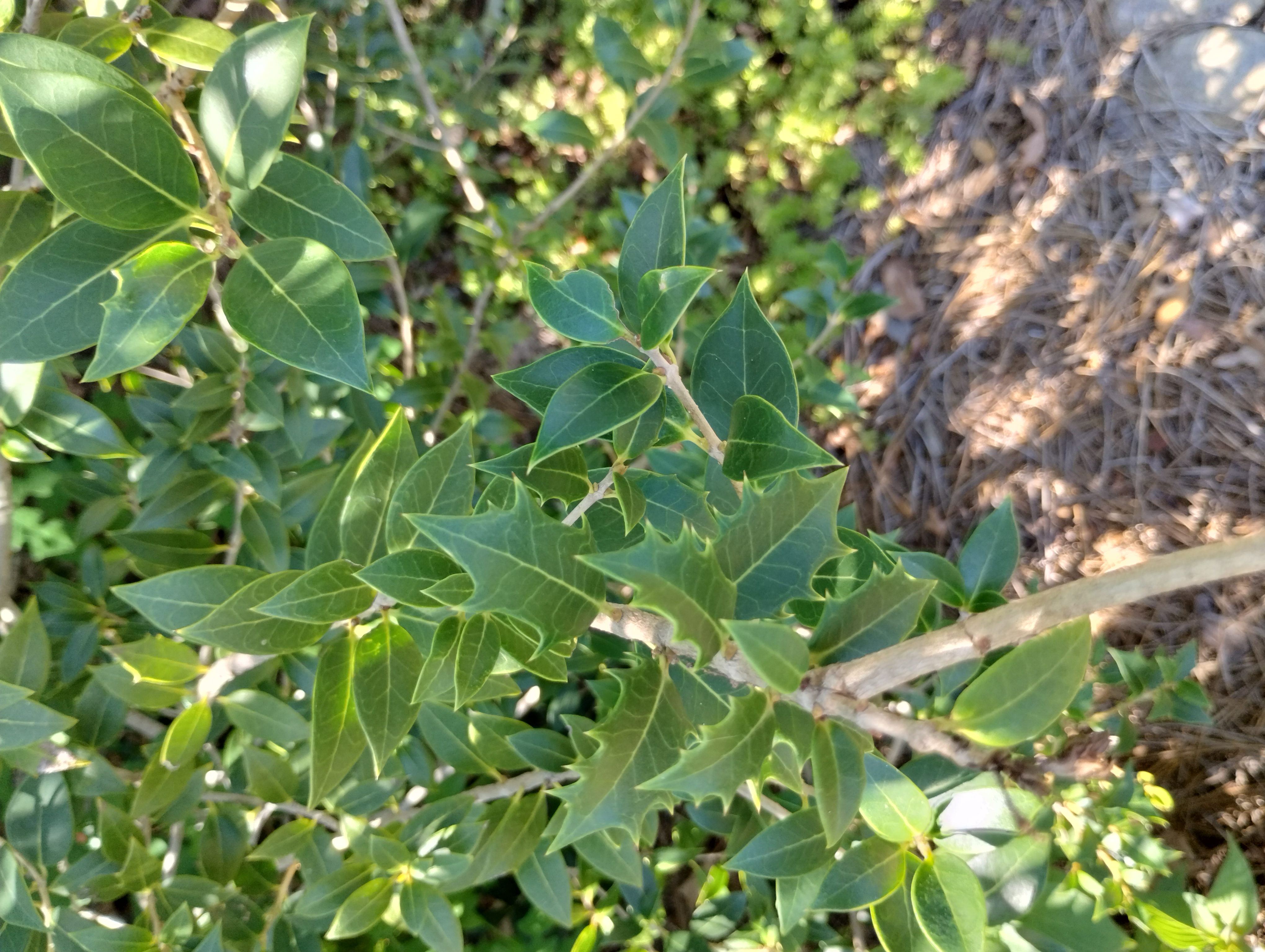
Osmanthus heterophyllus leaves

Phlox glaberrima

Platycodon grandifloria

Platycodon grandifloria
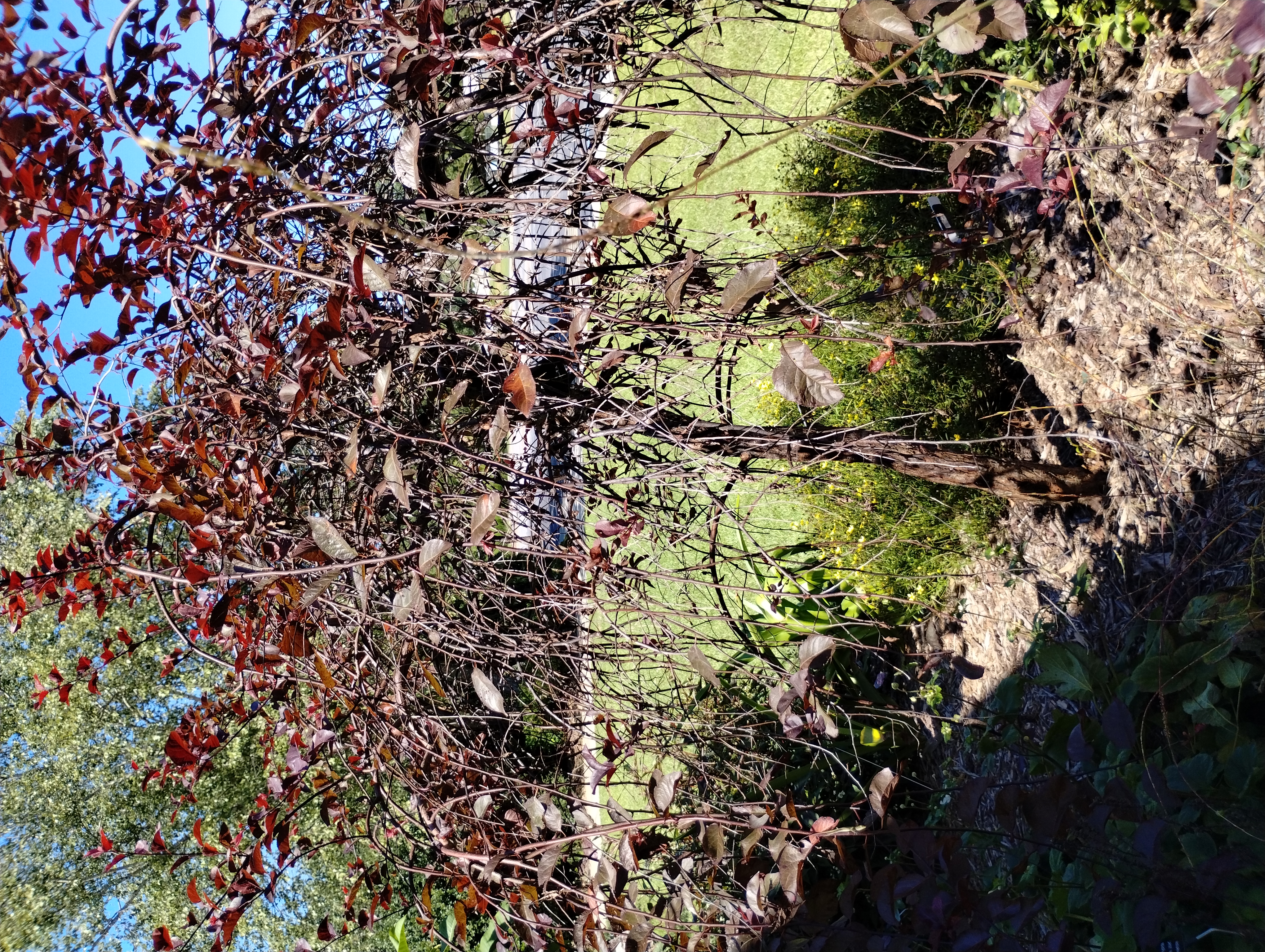
Prunus cerisfera

Prunus cerisfera
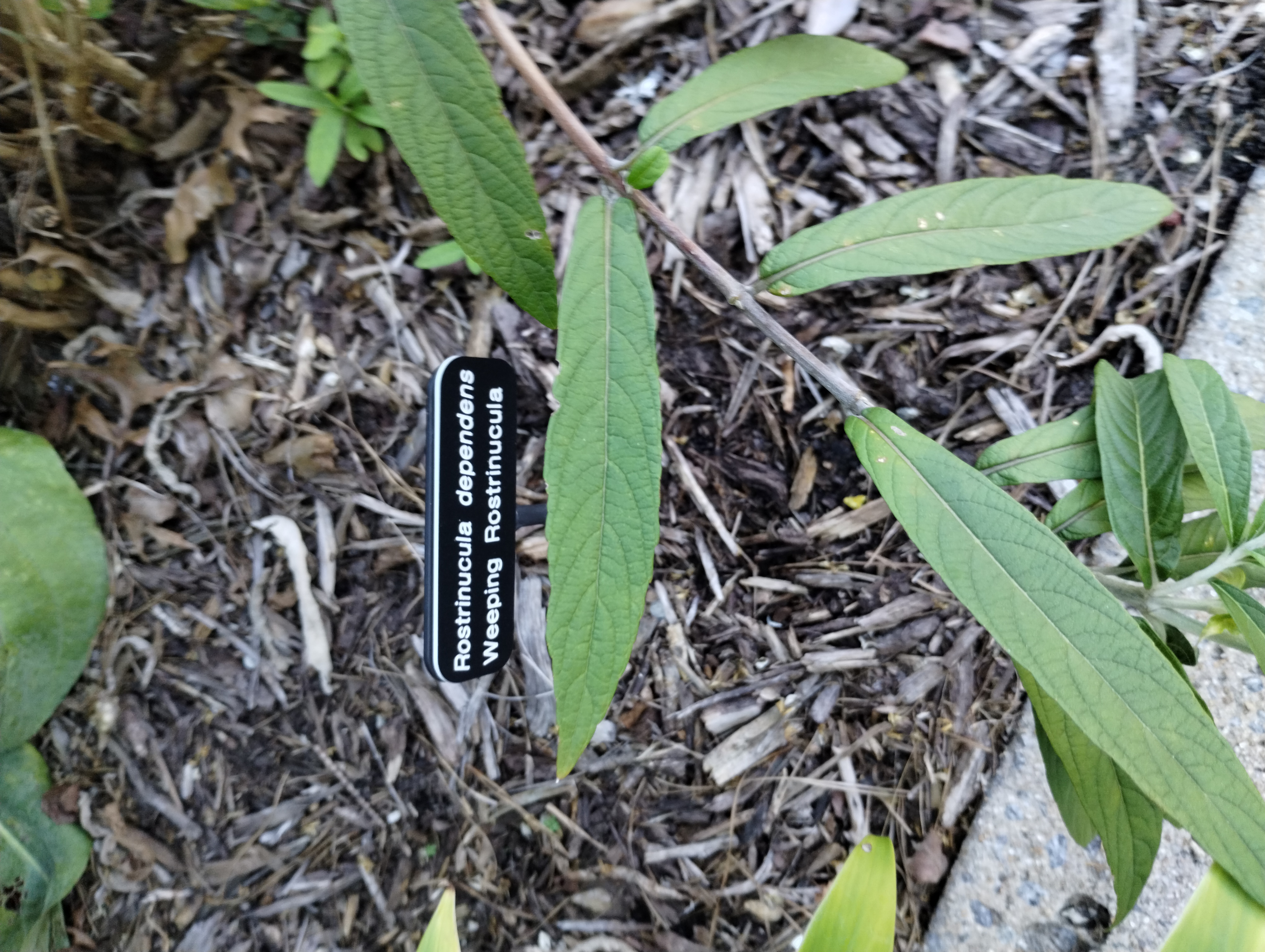
Rostrinucula dependens
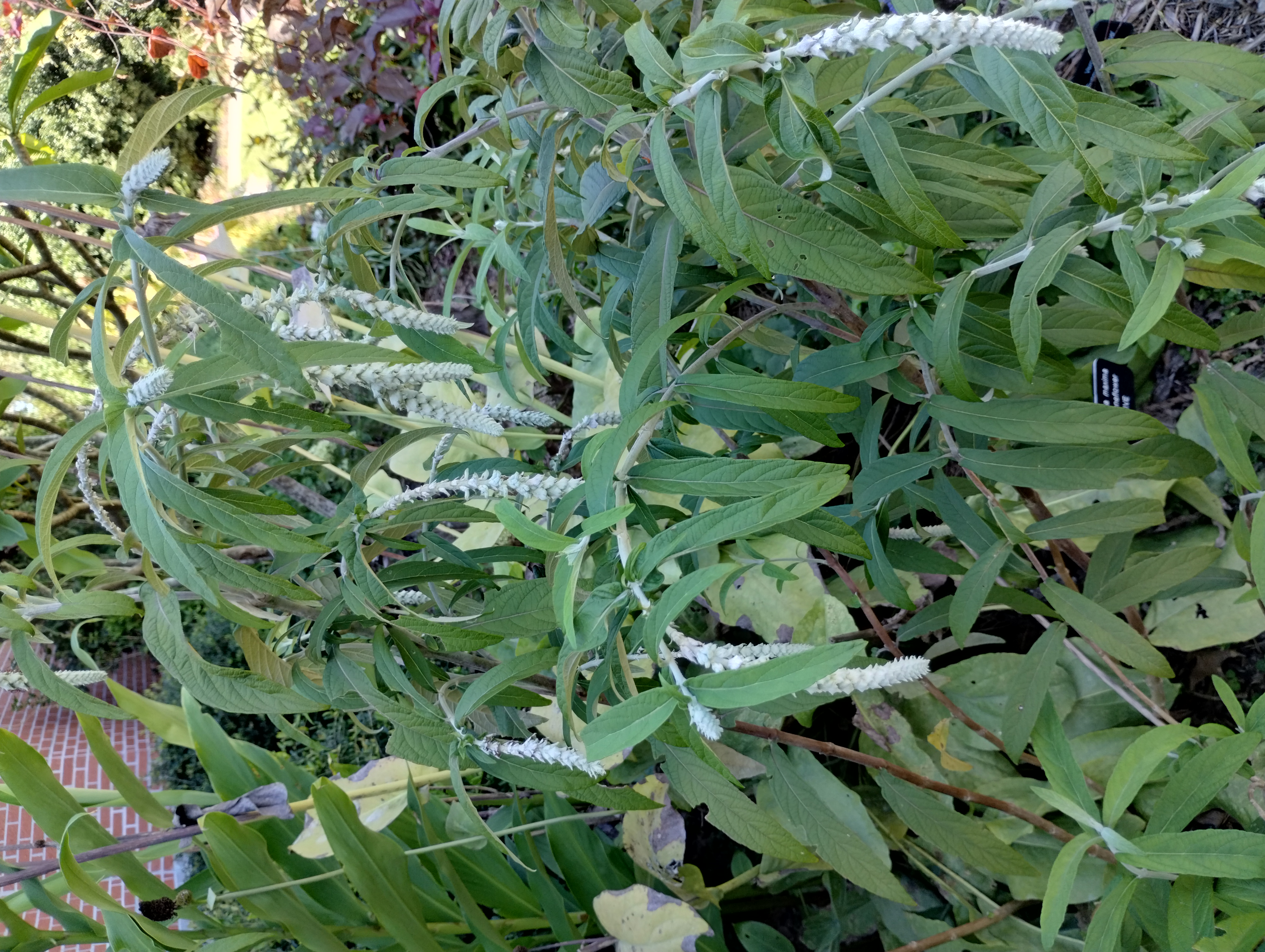
Rostrinucula dependens leaves and flowers
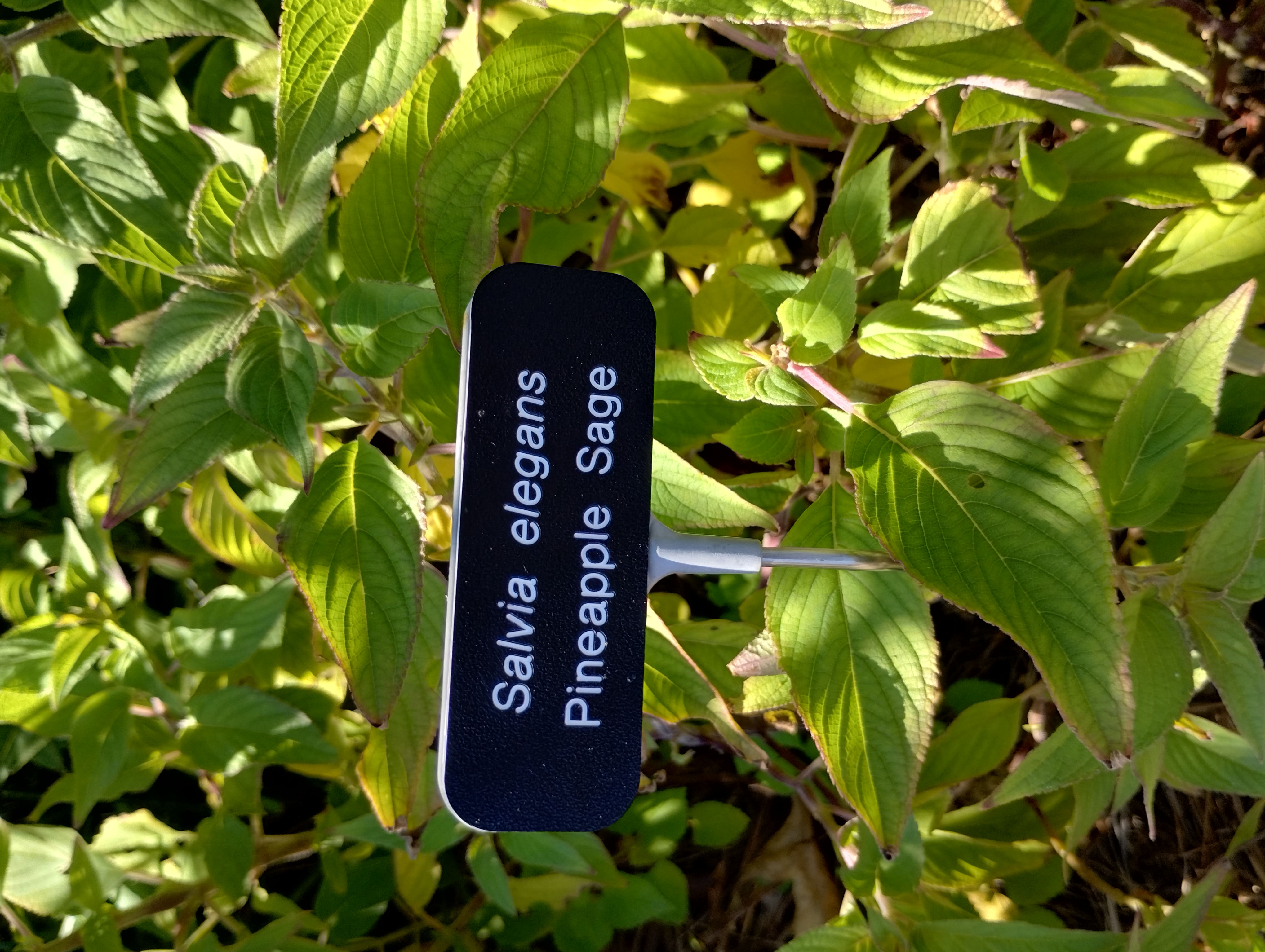
Salvia elegans
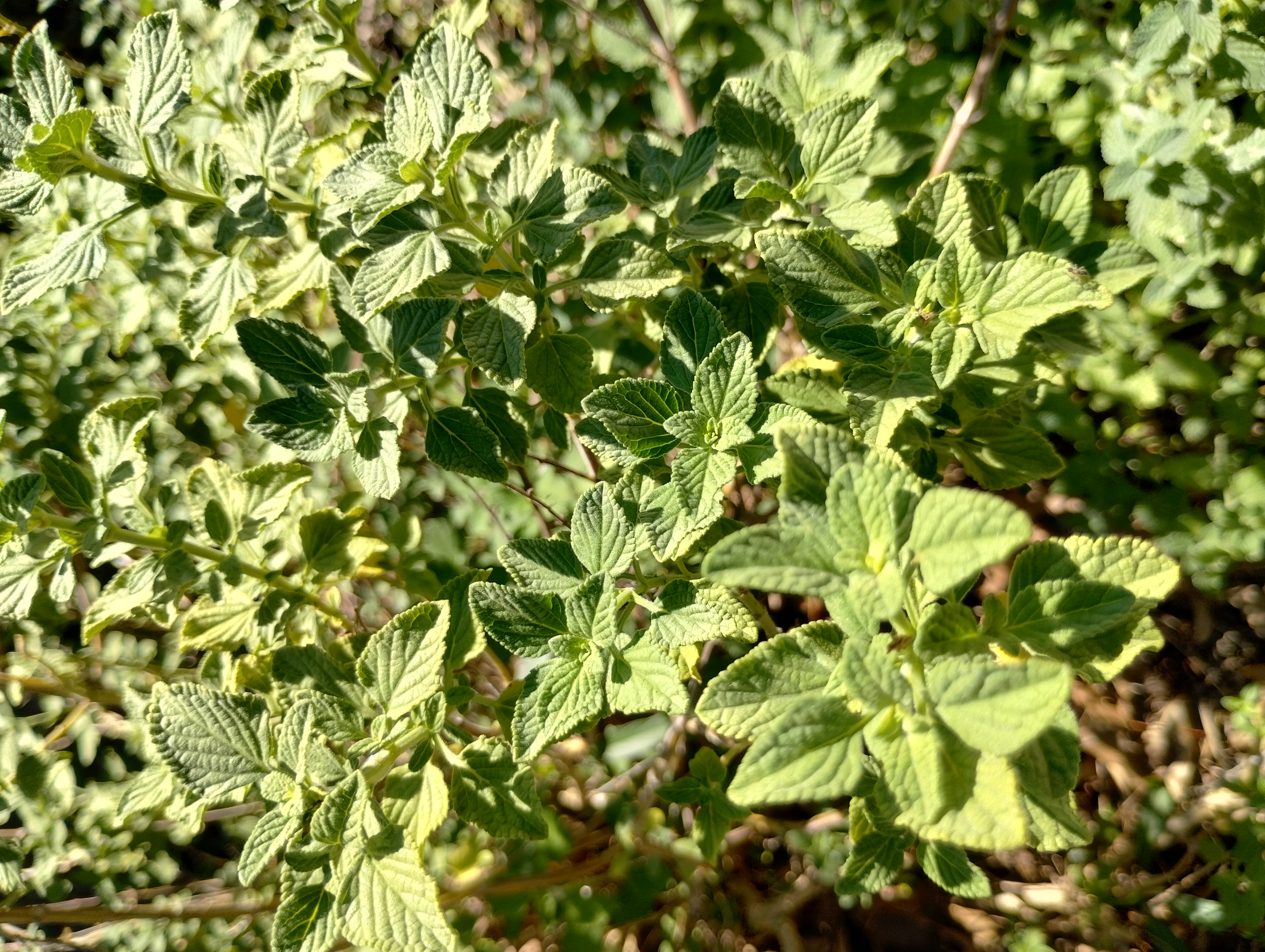
Salvia microphylla

Salvia microphylla
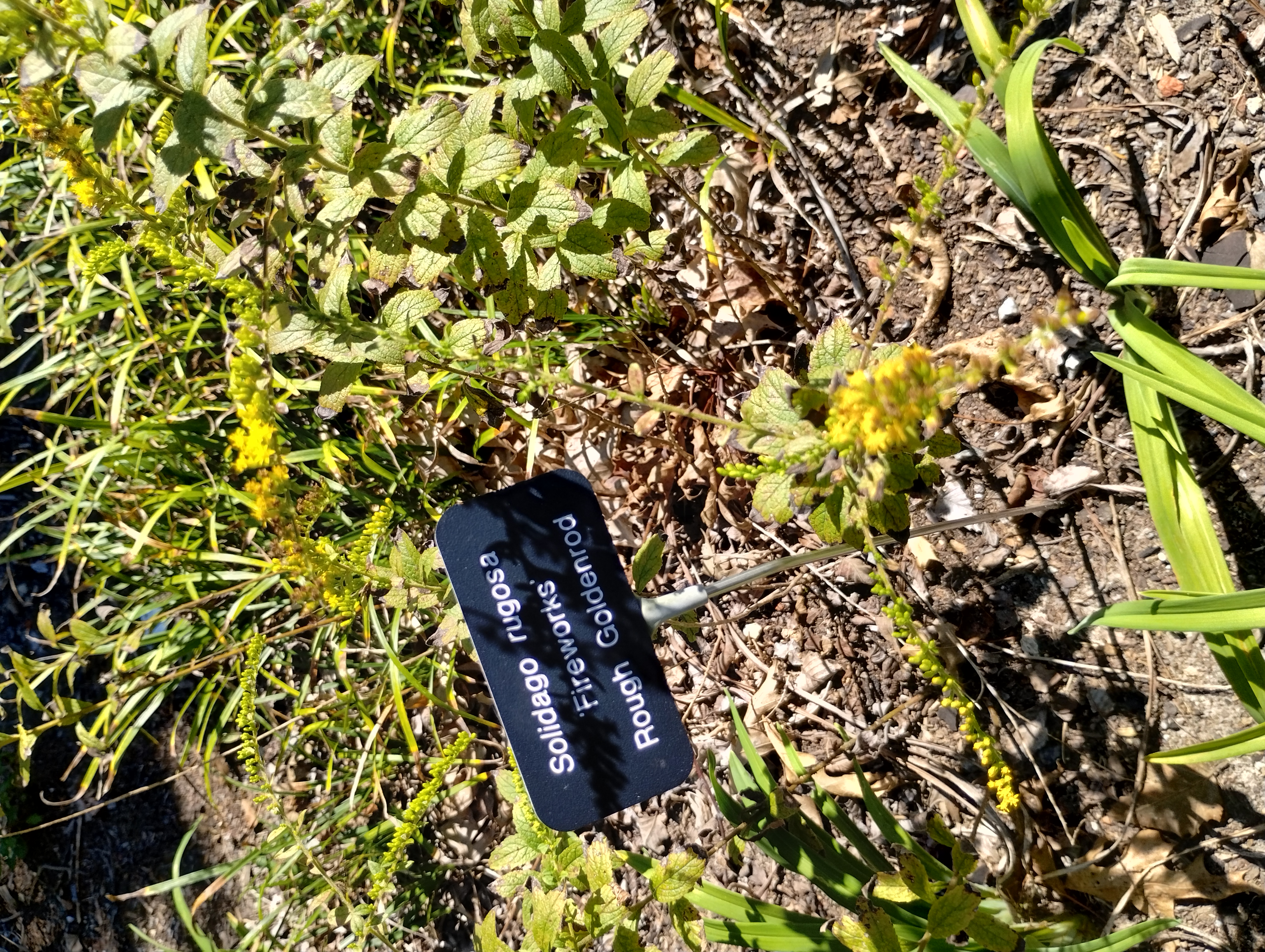
Solidago rugosa
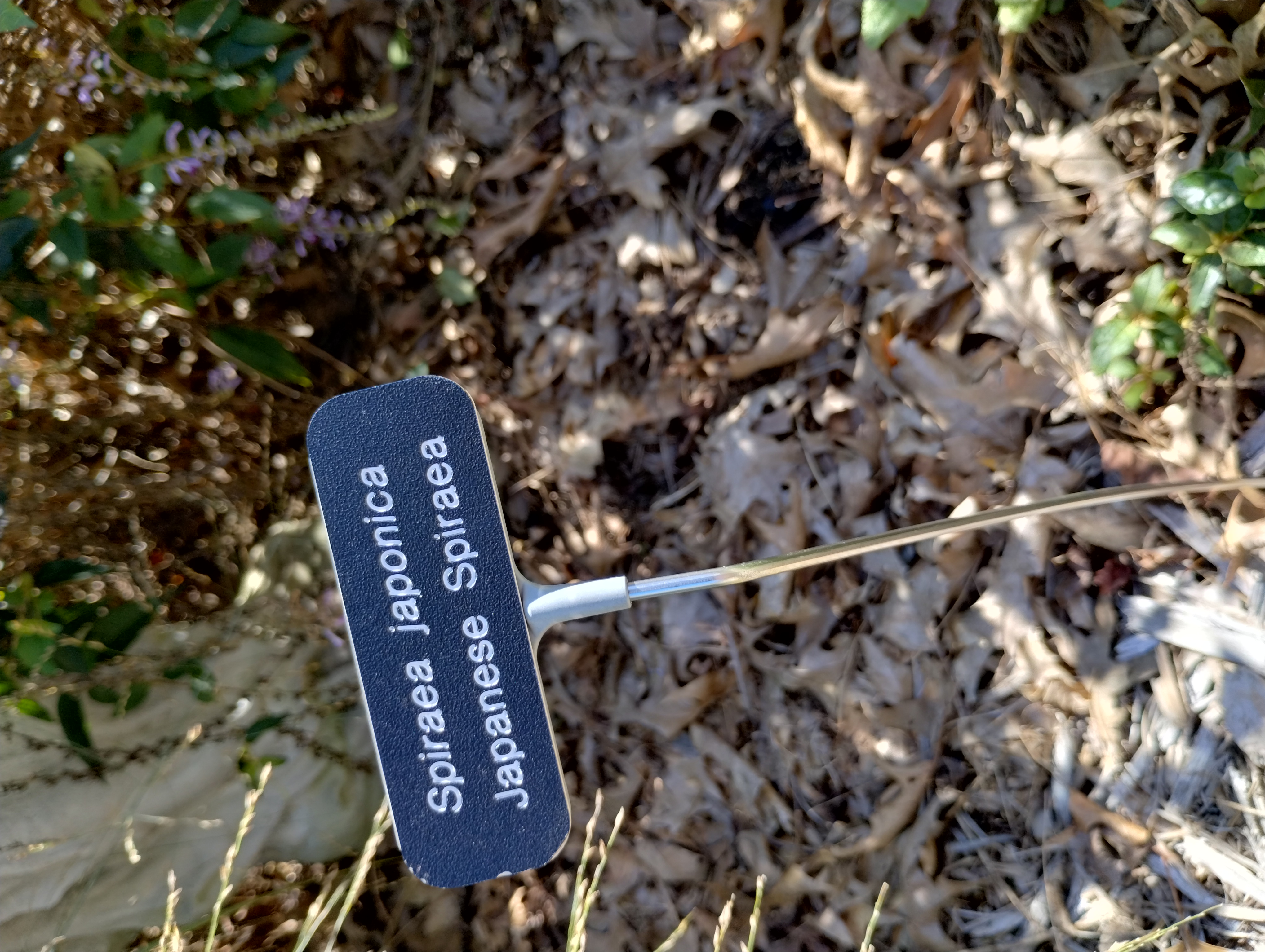
Spirea japonica
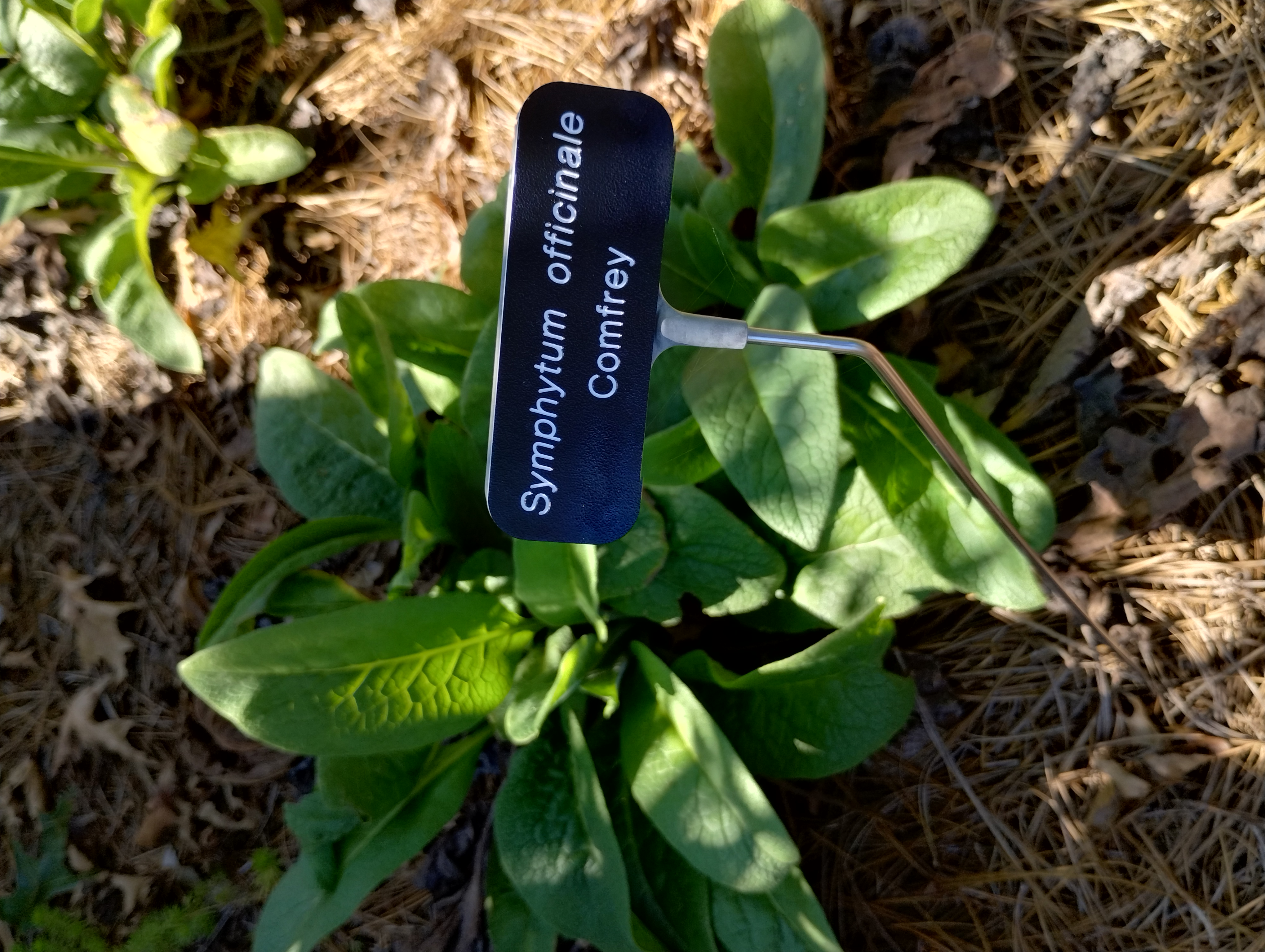
Symphytum officinale
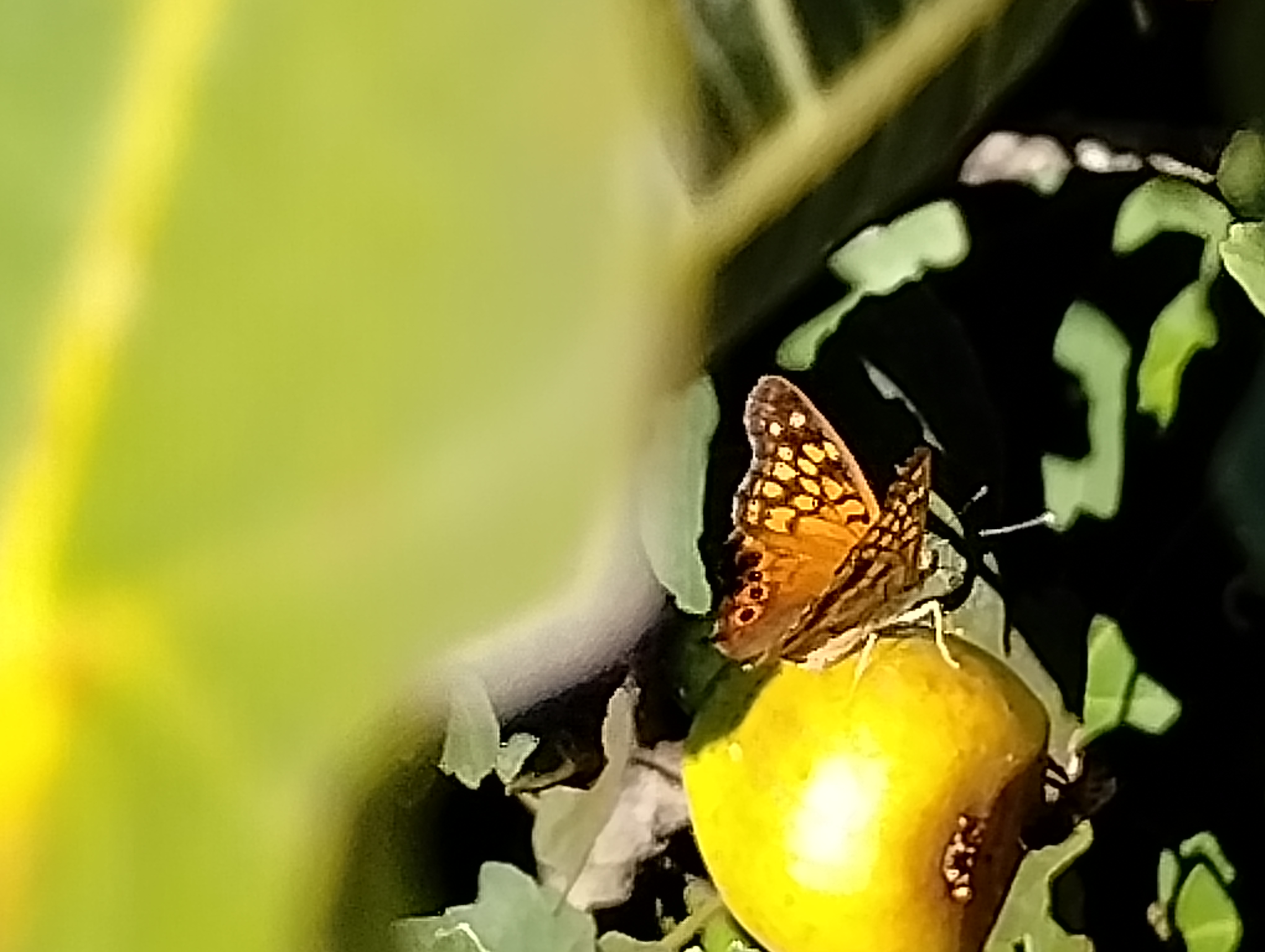
Tawny Emperor butterfly on Ficus carica
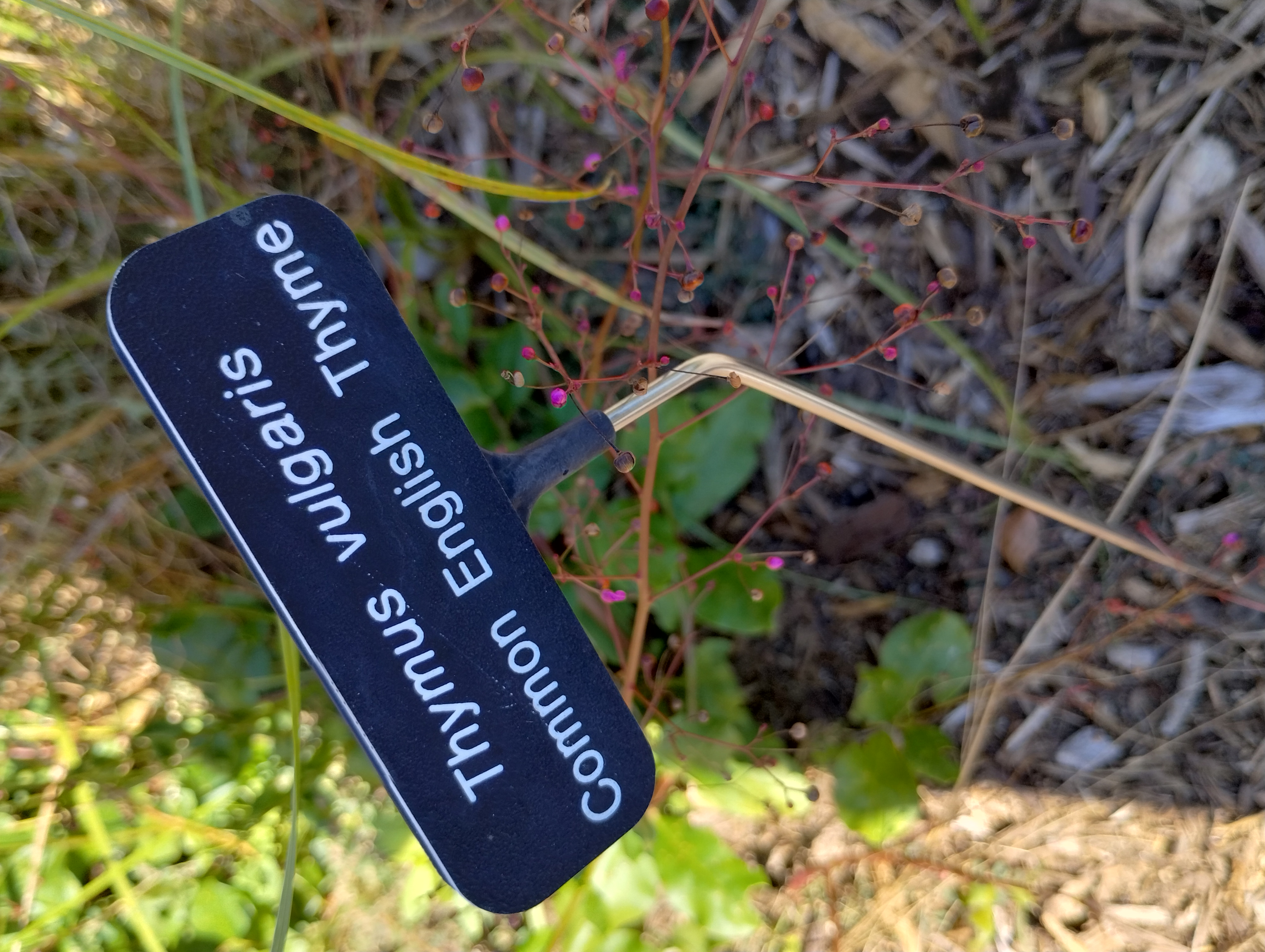
Thymus vulgaris
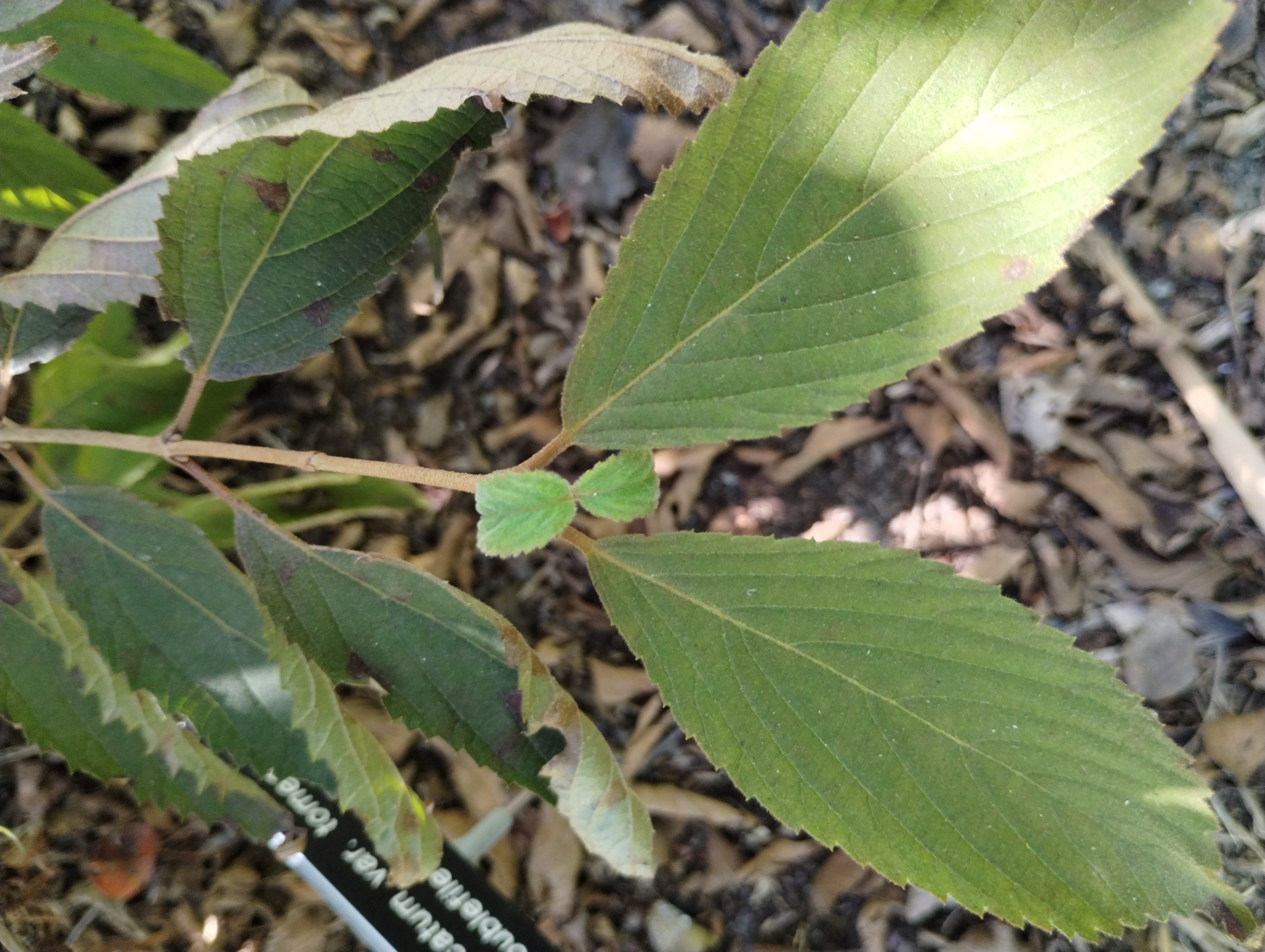
Viburnum plicatum leaf
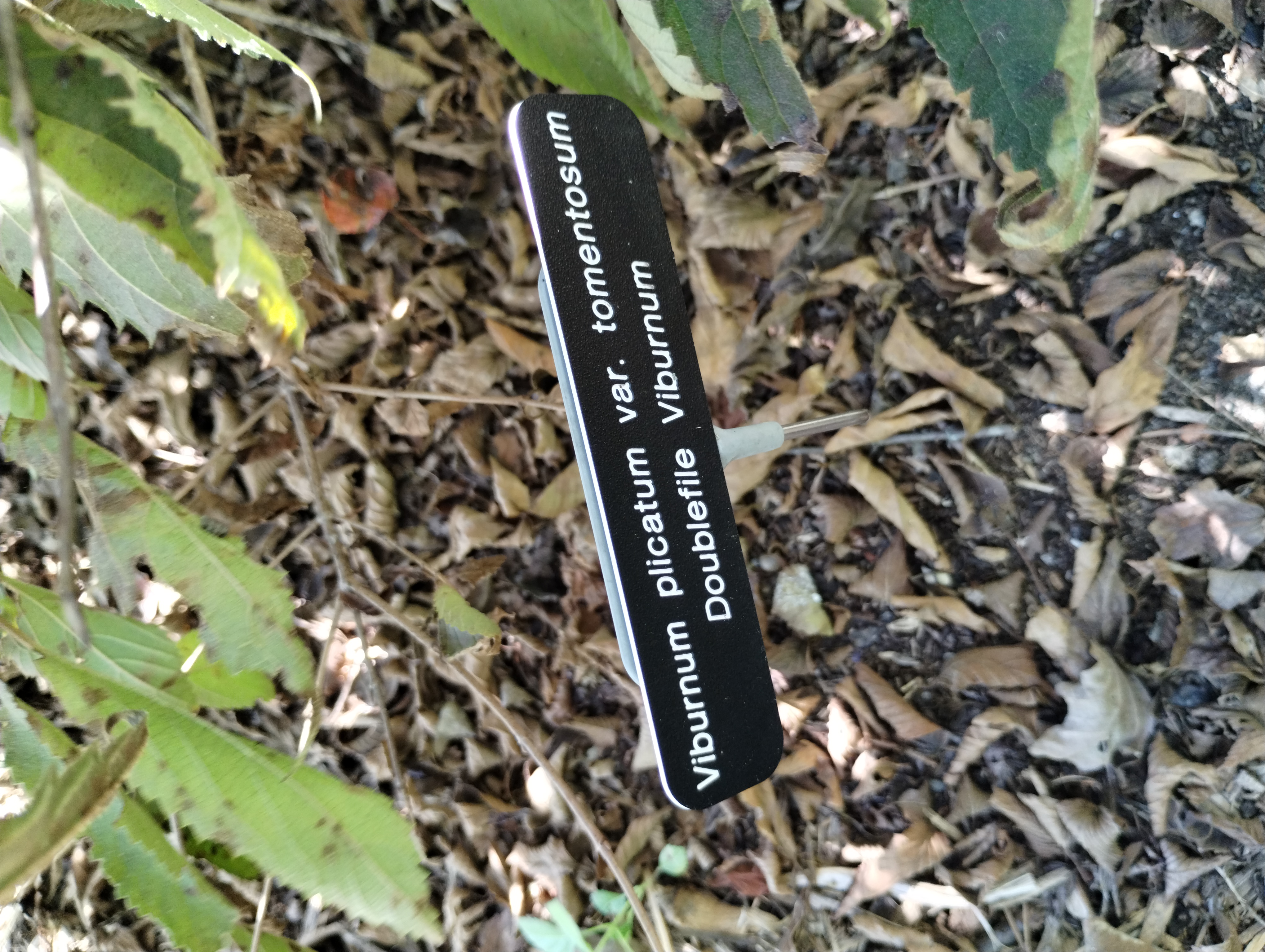
Viburnum plicatum
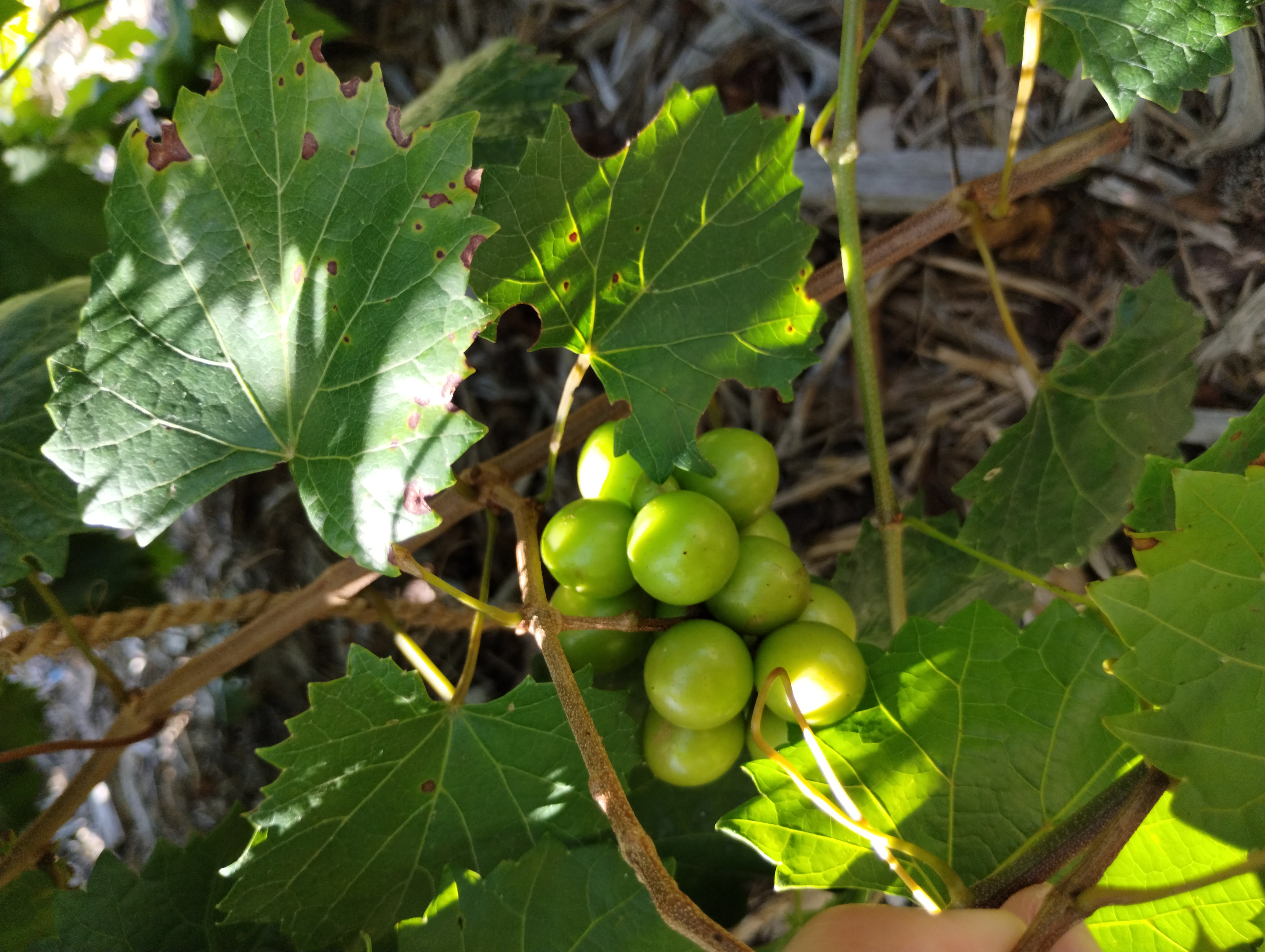
Vitus rotundifolia fruit
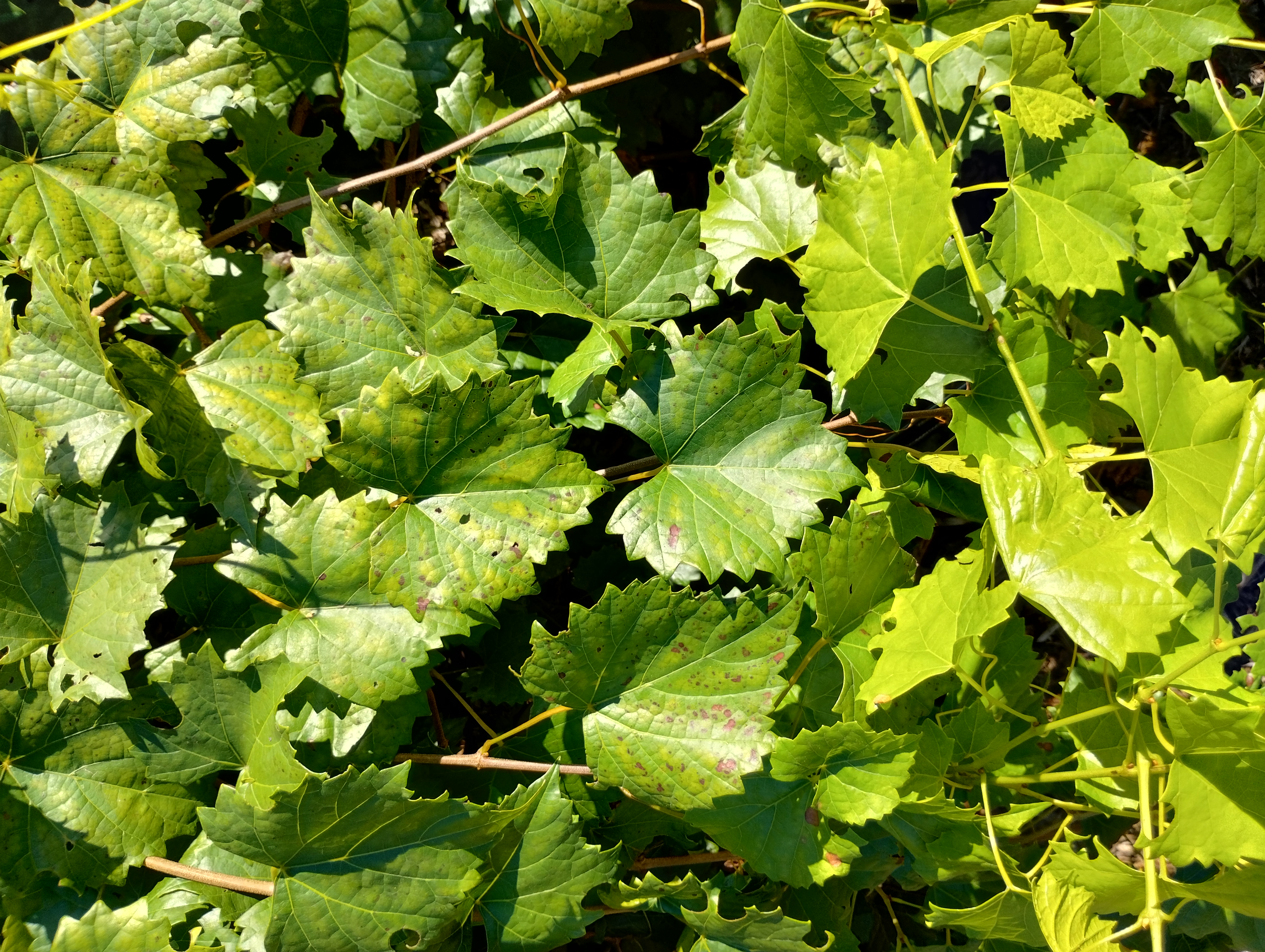
Vitus rotundifolia leaves
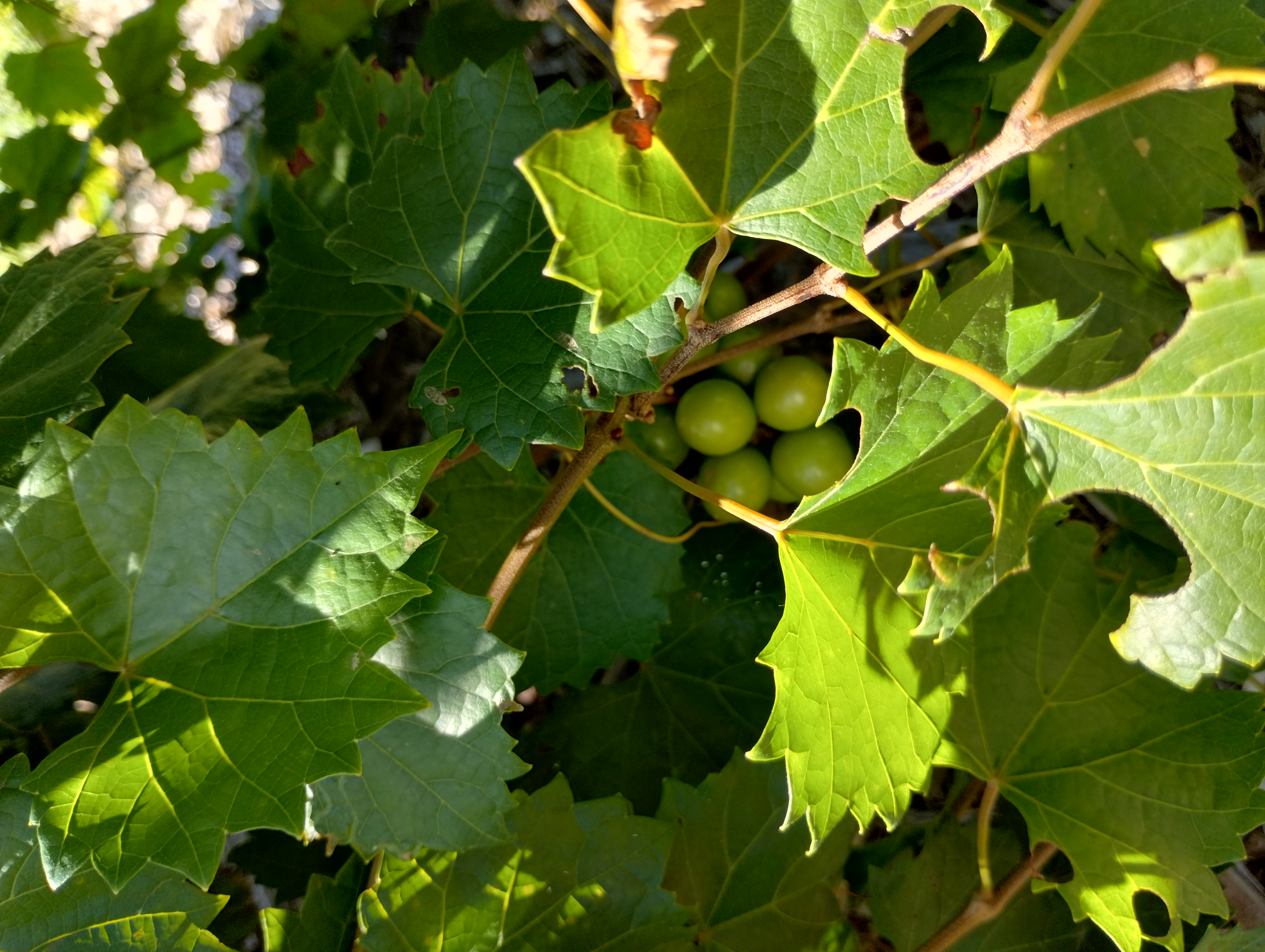
Vitus rotundifolia leaves and fruit
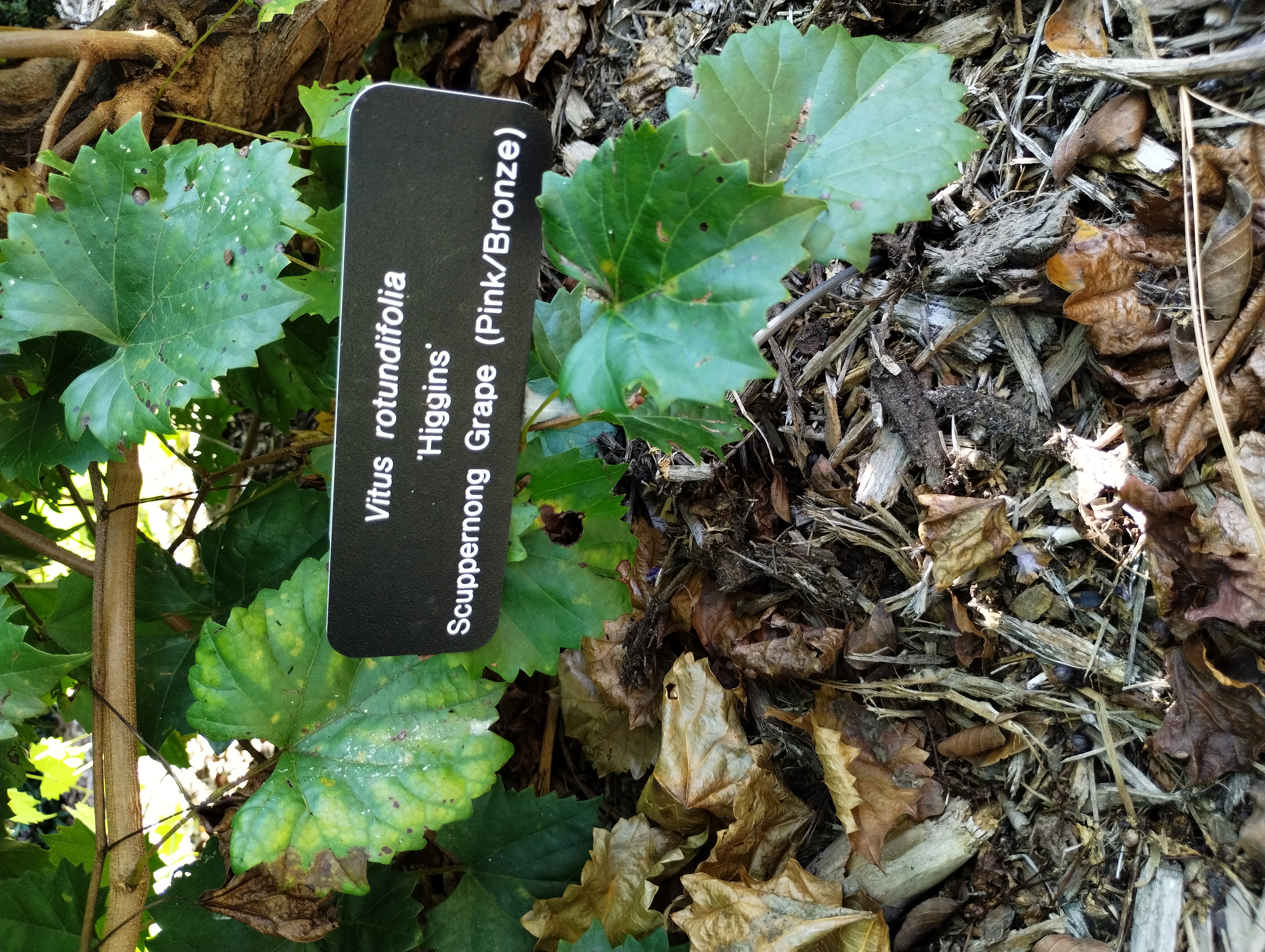
Vitus rotundifolia
Gardening with the RHS
This audio clip is a segment of the Royal Horticulutral Society's gardening podcast March 3, 2022, episode #302 What’s in a Name? podcast on benefits of scientific names, including pronunciation, specificity, and clues to plant through Latin names (appearance, relations, performance, etc.); scientific names as erasure of indigenous people. Click here for the full episode , or here to learn more about the Gardening with the RHS podcast.
Species Names
This audio, written and narrated by me, accompanies the images from the Pitt County Arboretum.
Carl Linnaeus's Systema Naturae
Introduction to Linnaeus’ method of organizing data on the natural world, why he devised it, and how it has influenced taxonomic practices. Linnean Society. (2018, January 2)
What is botanical art?
Botanical art as part of the scientific process of information prioritization. Royal Botanic Gardens, Kew (2019, April 25)